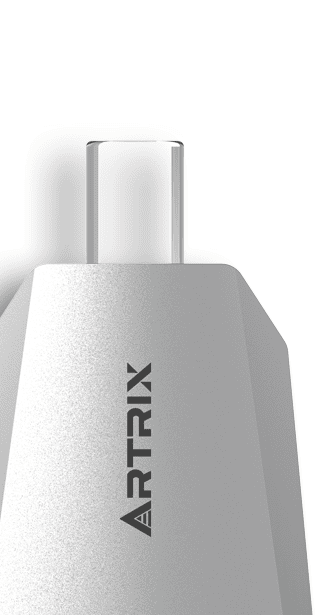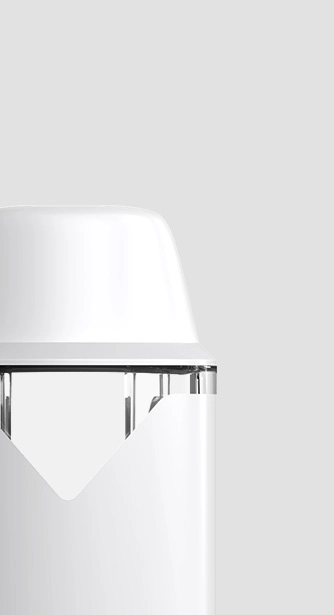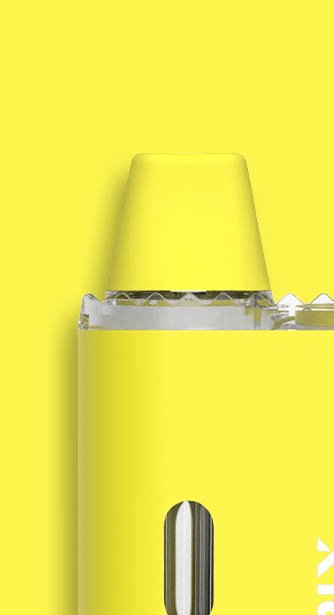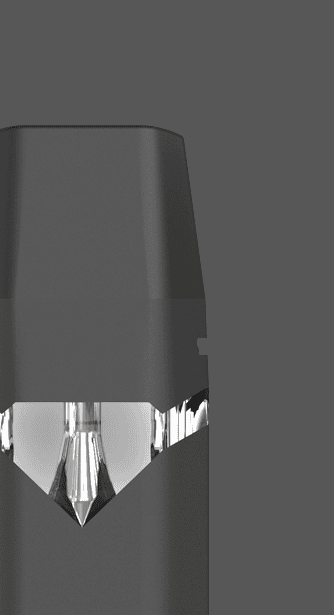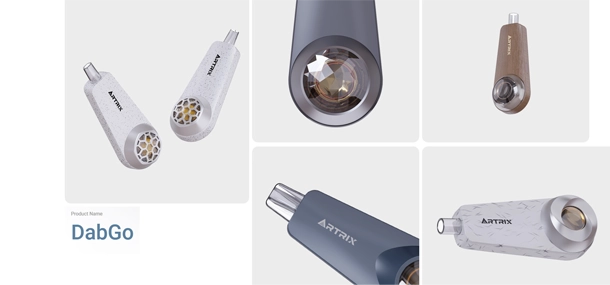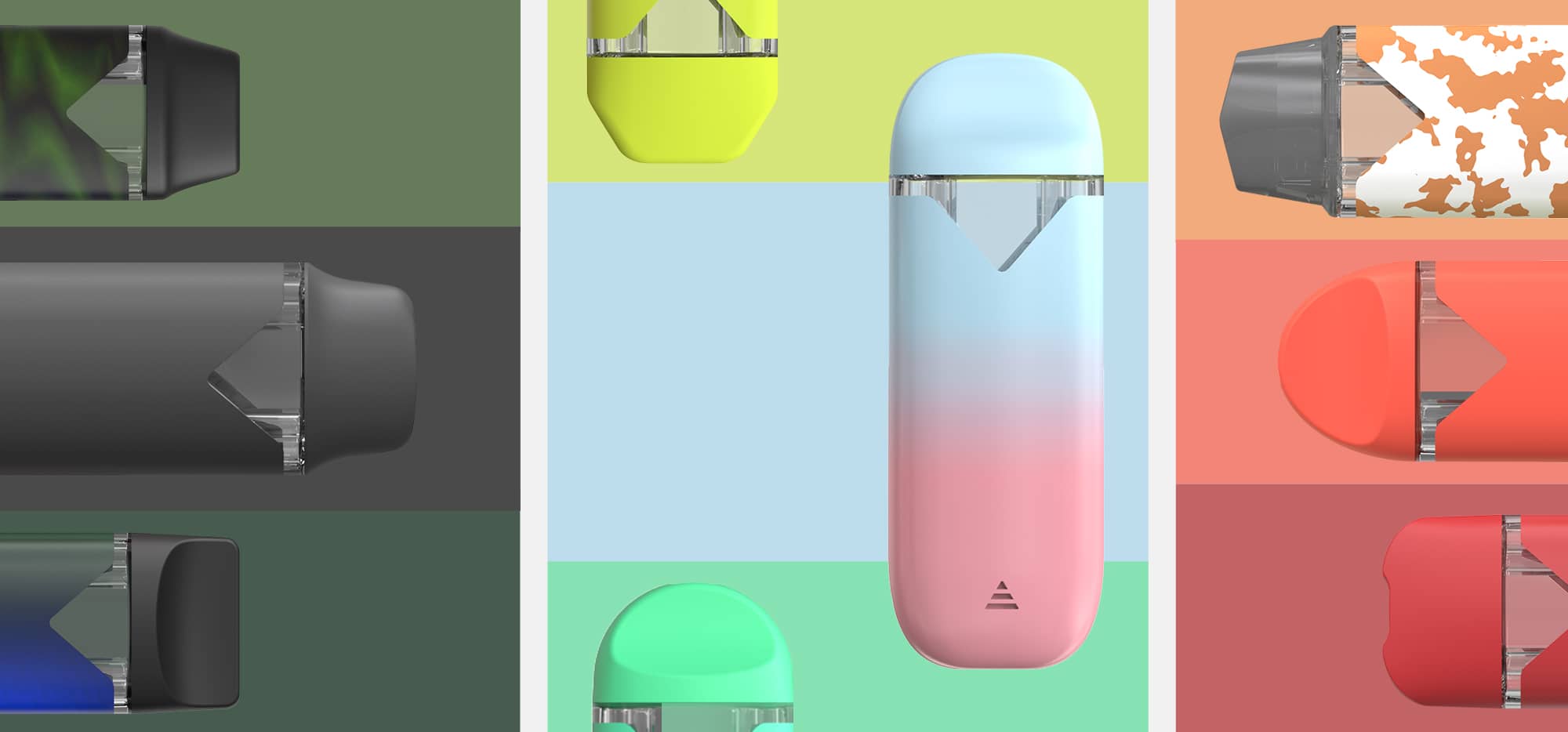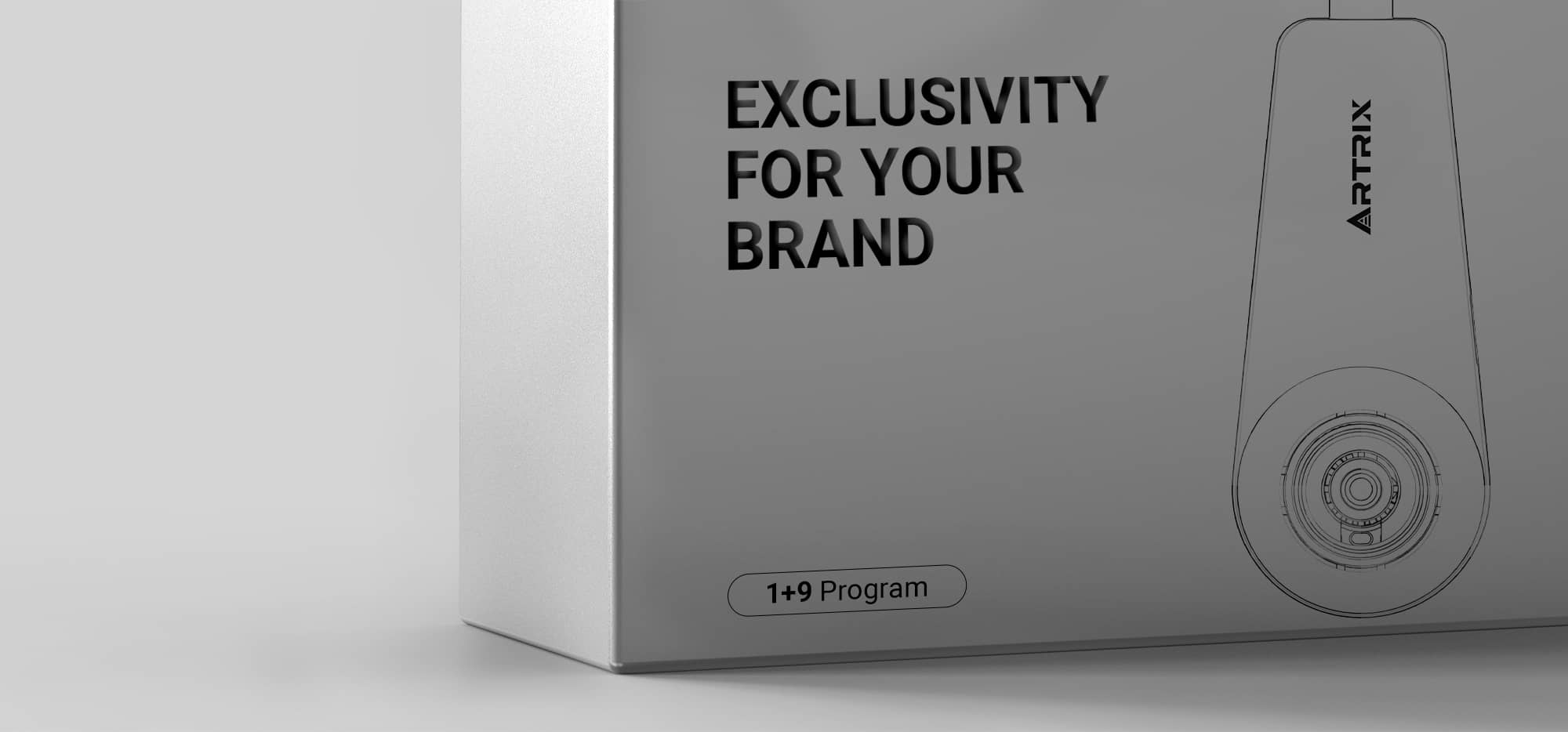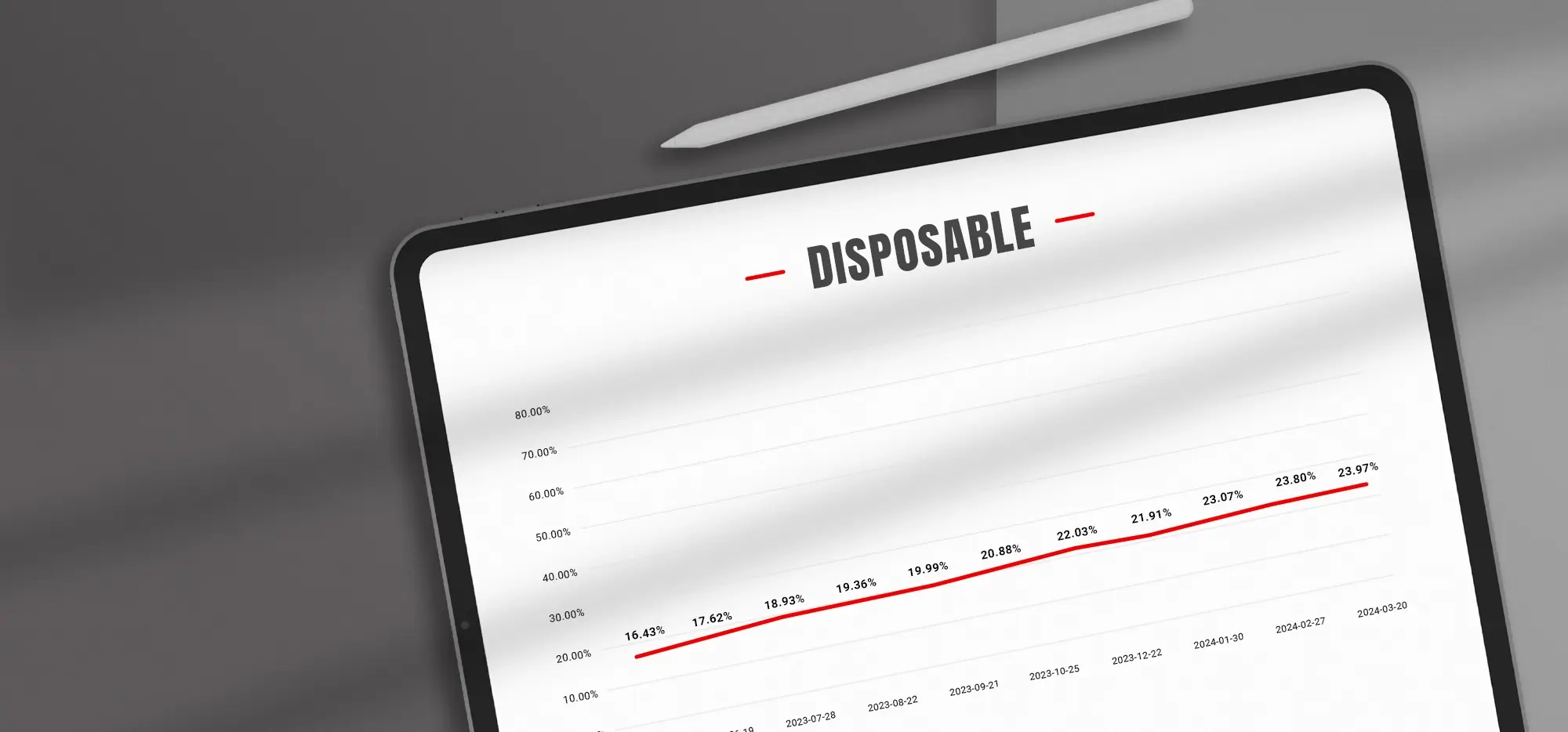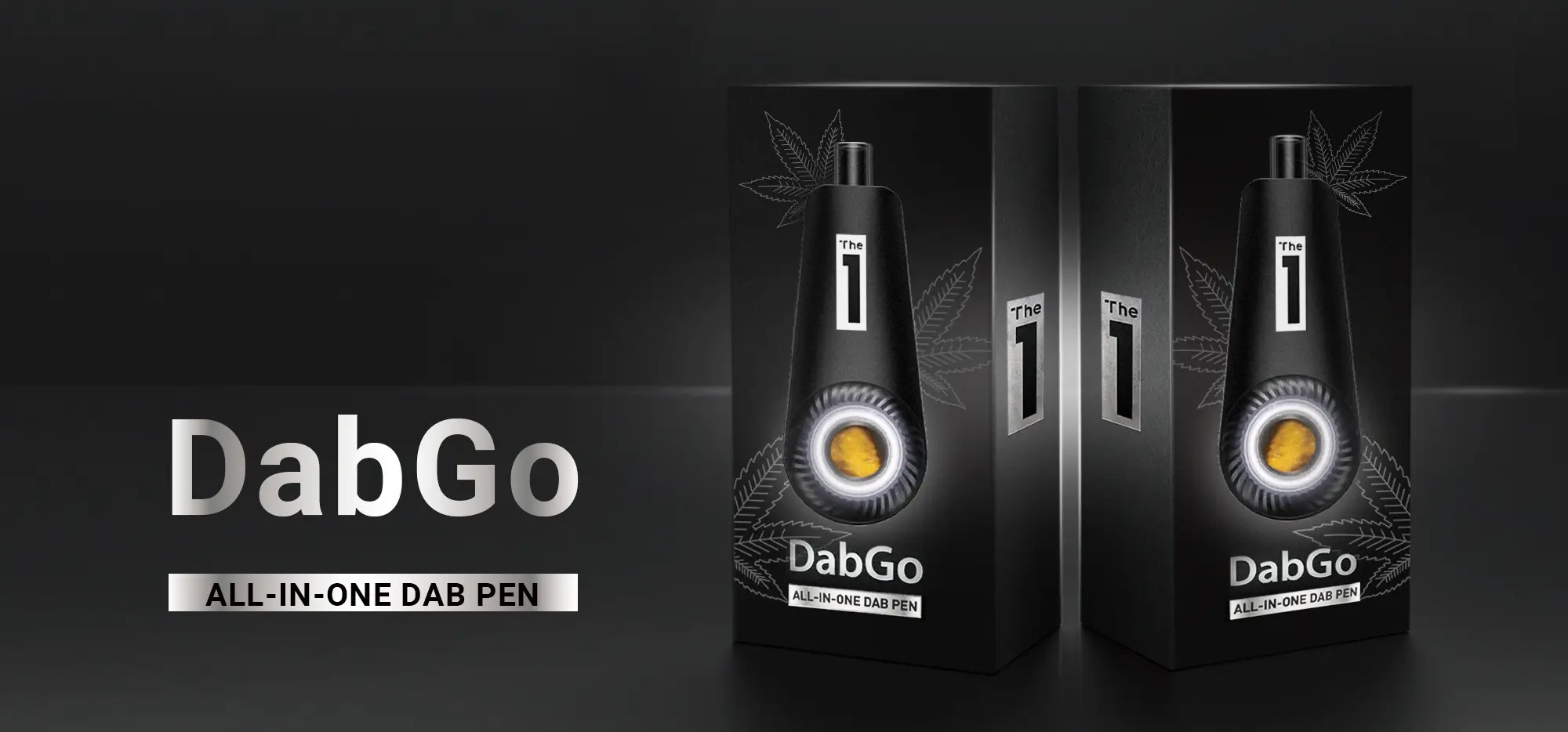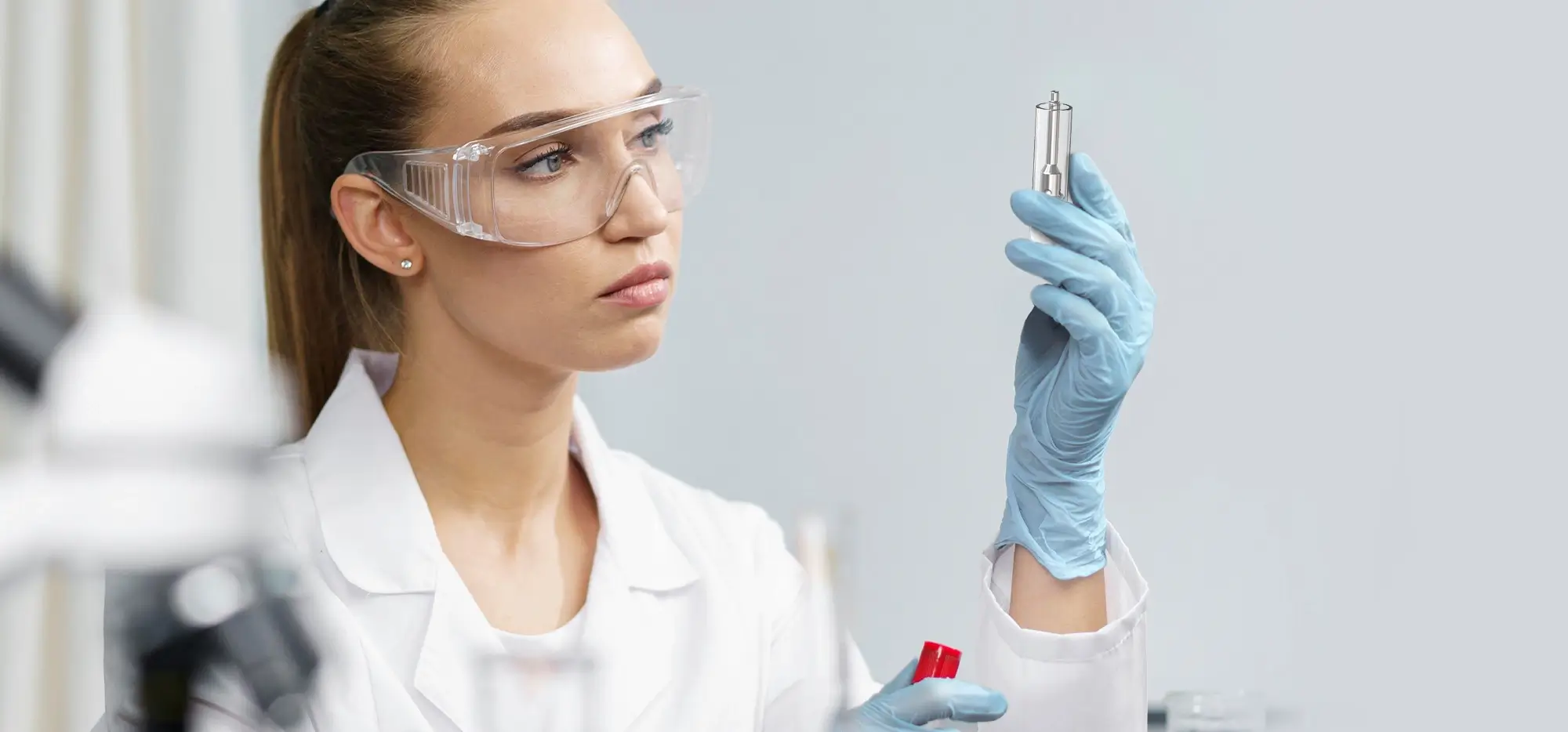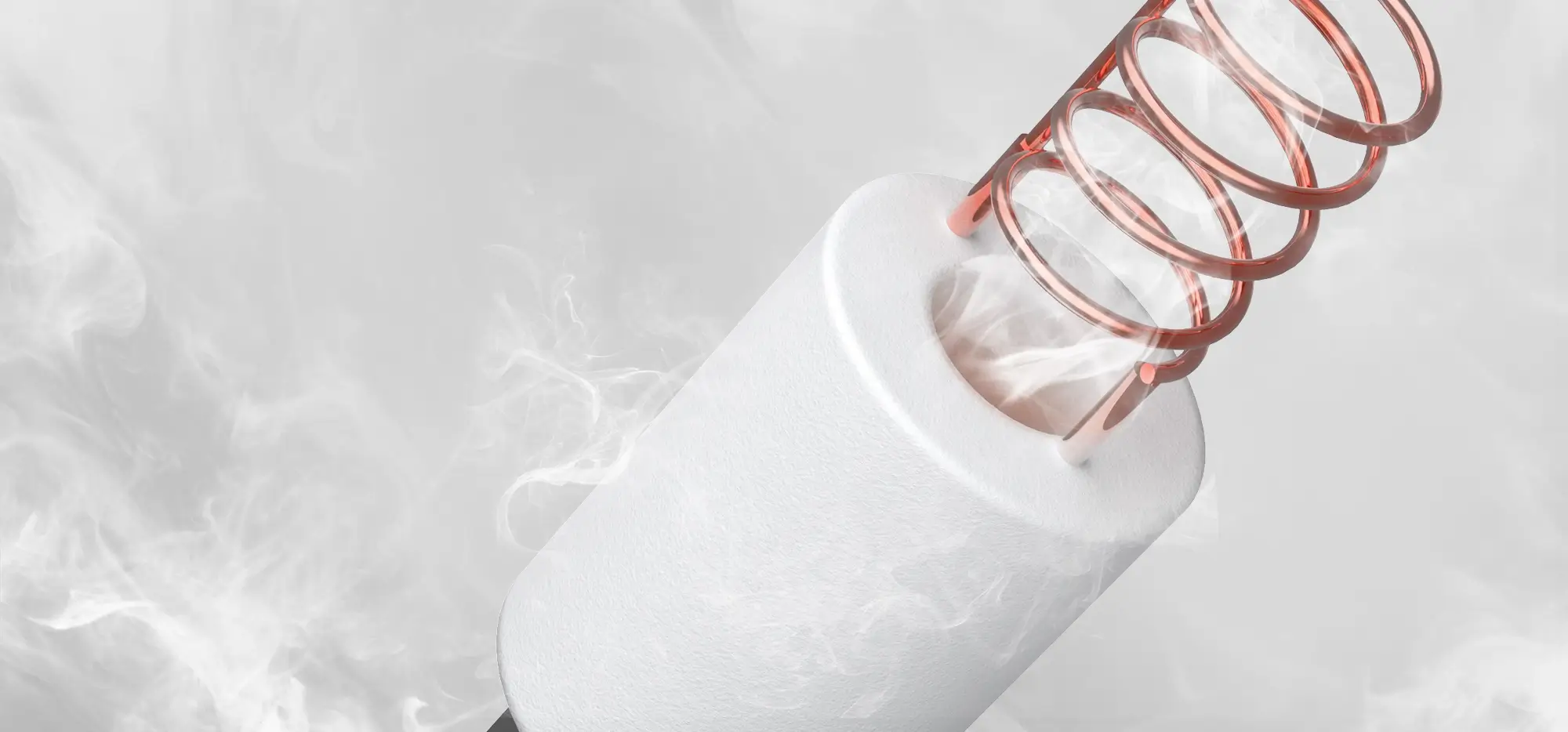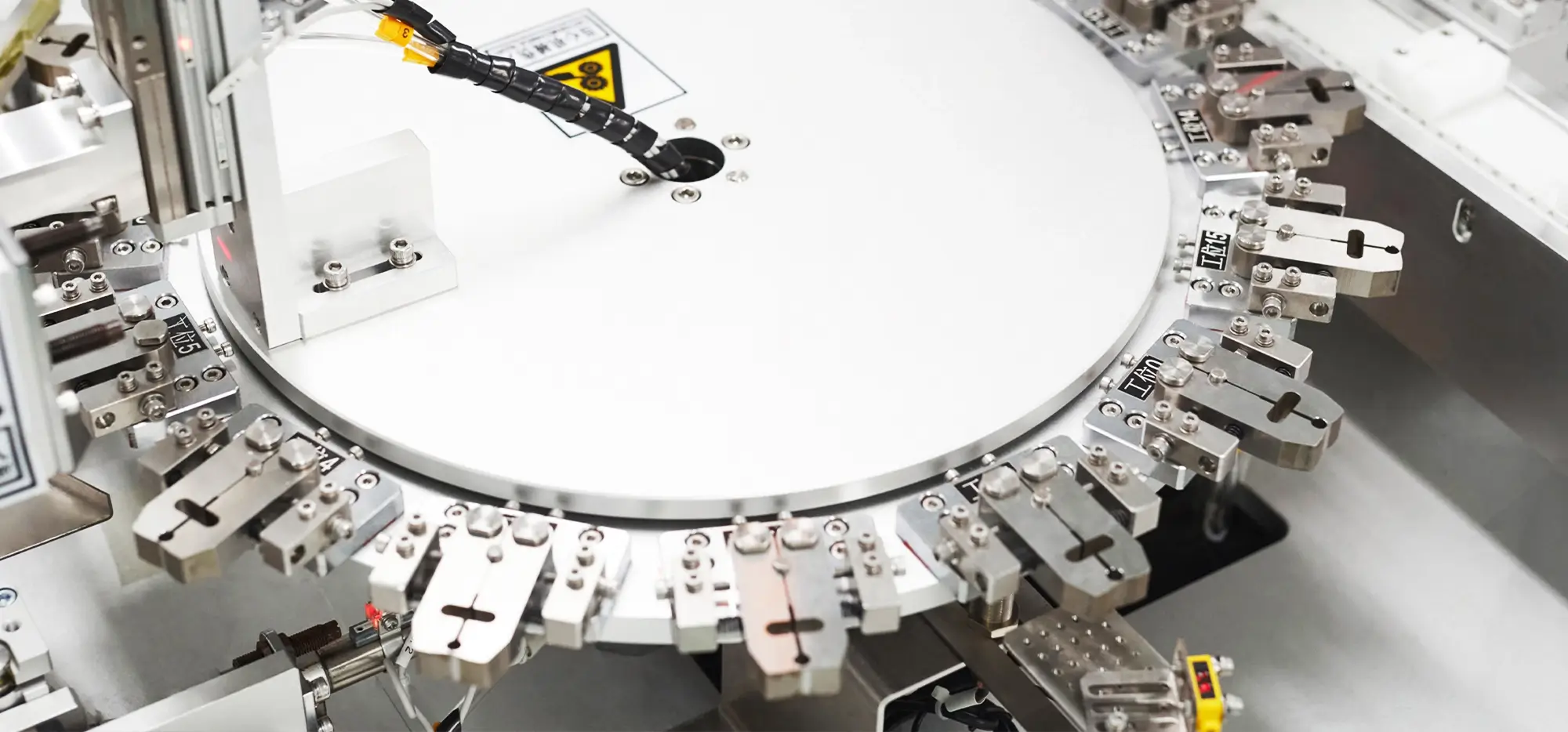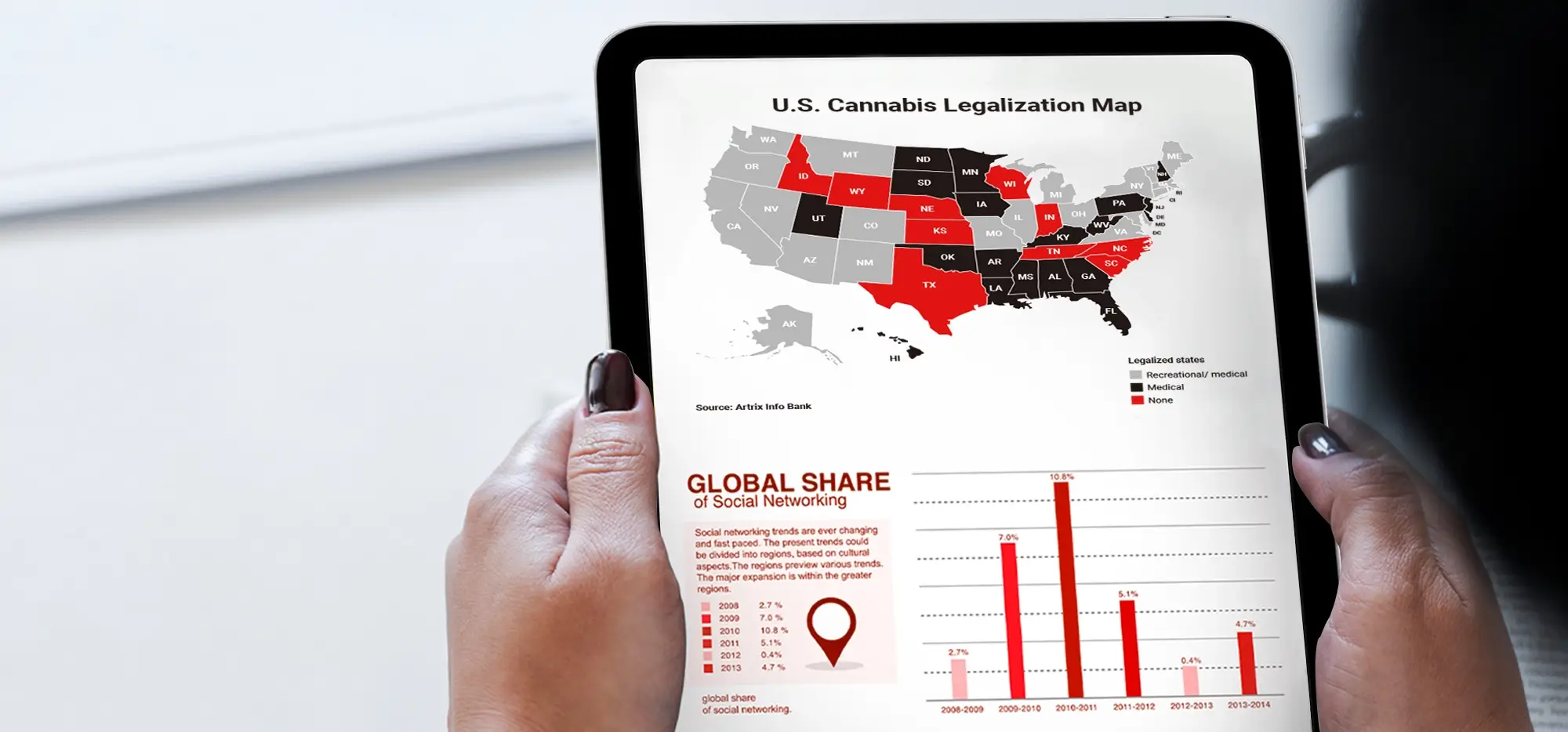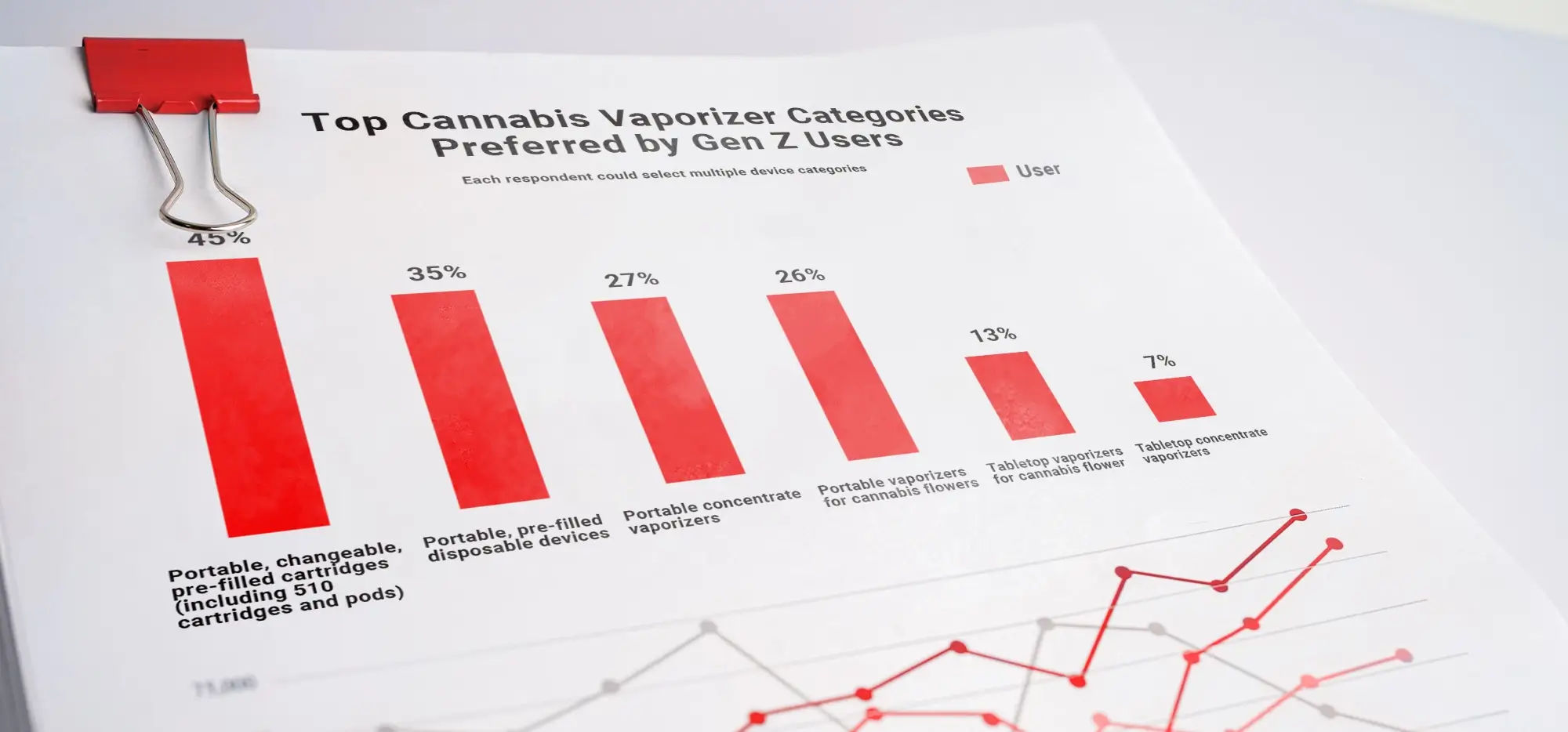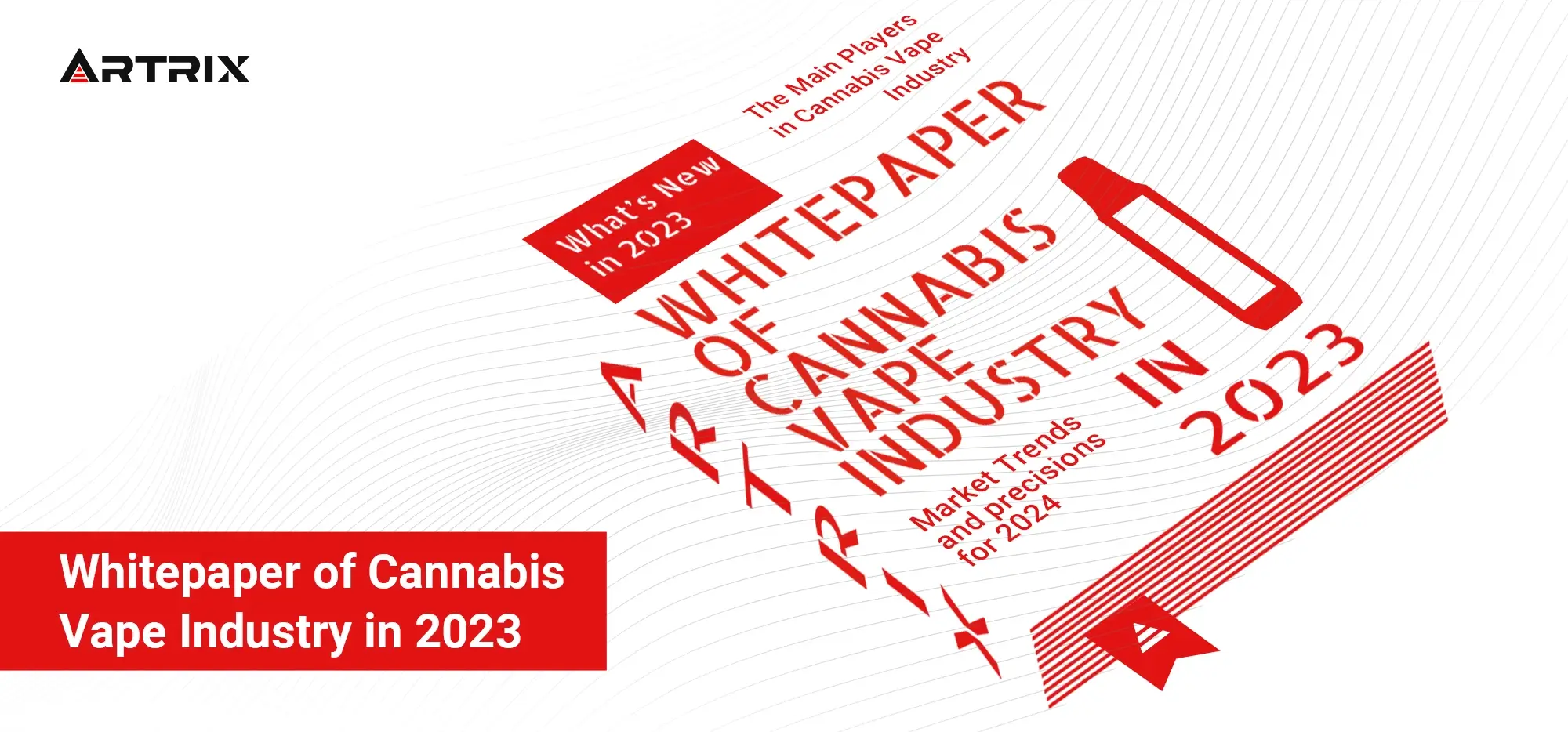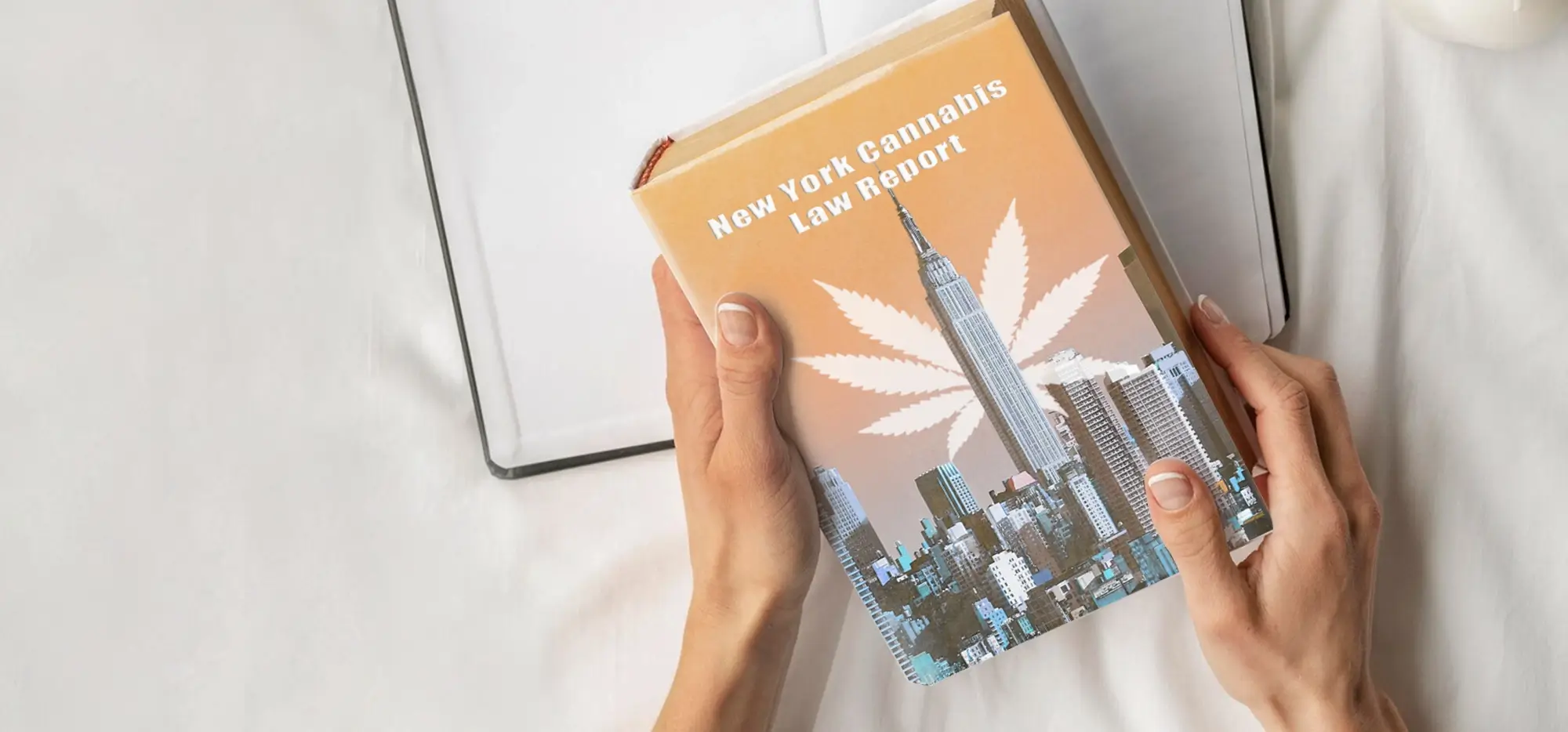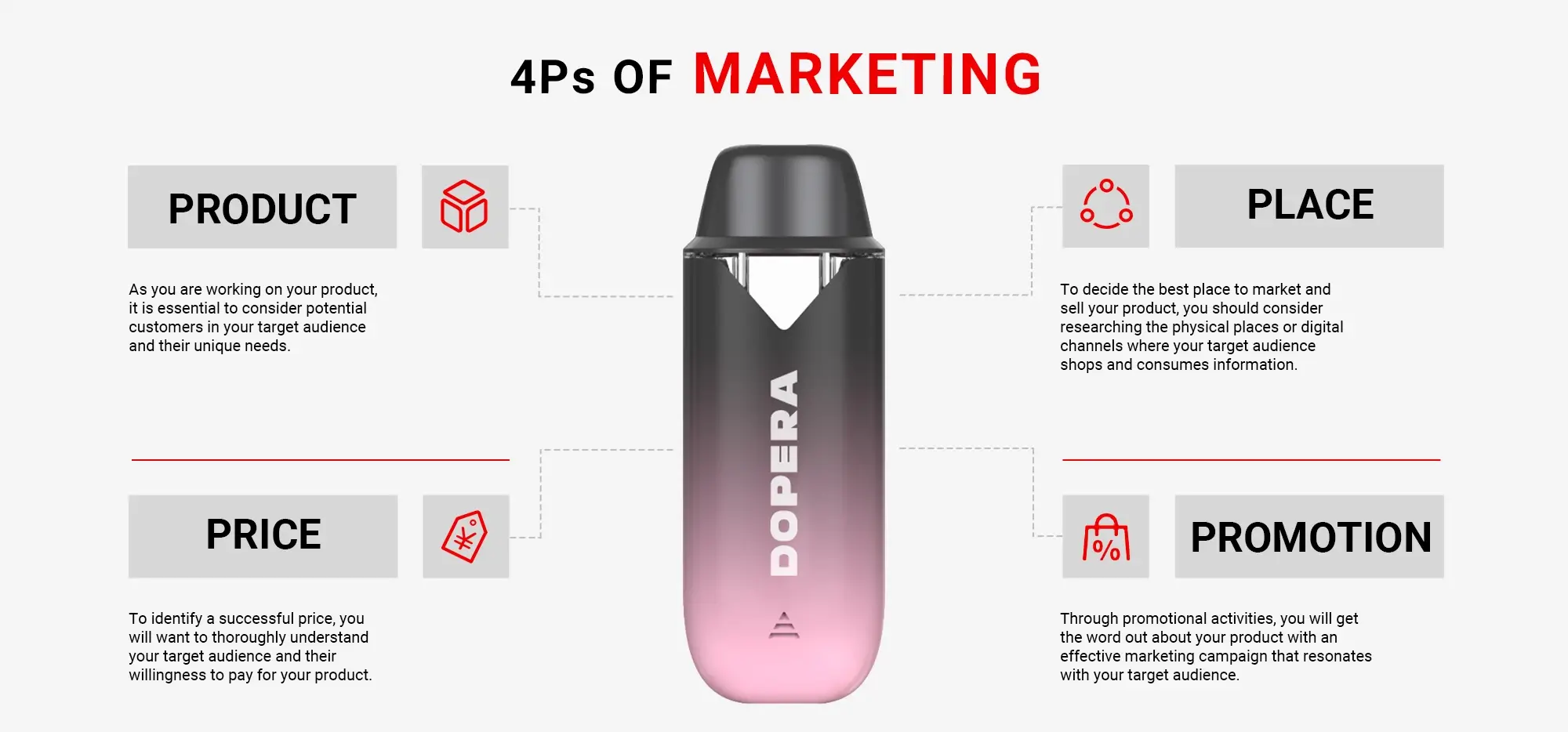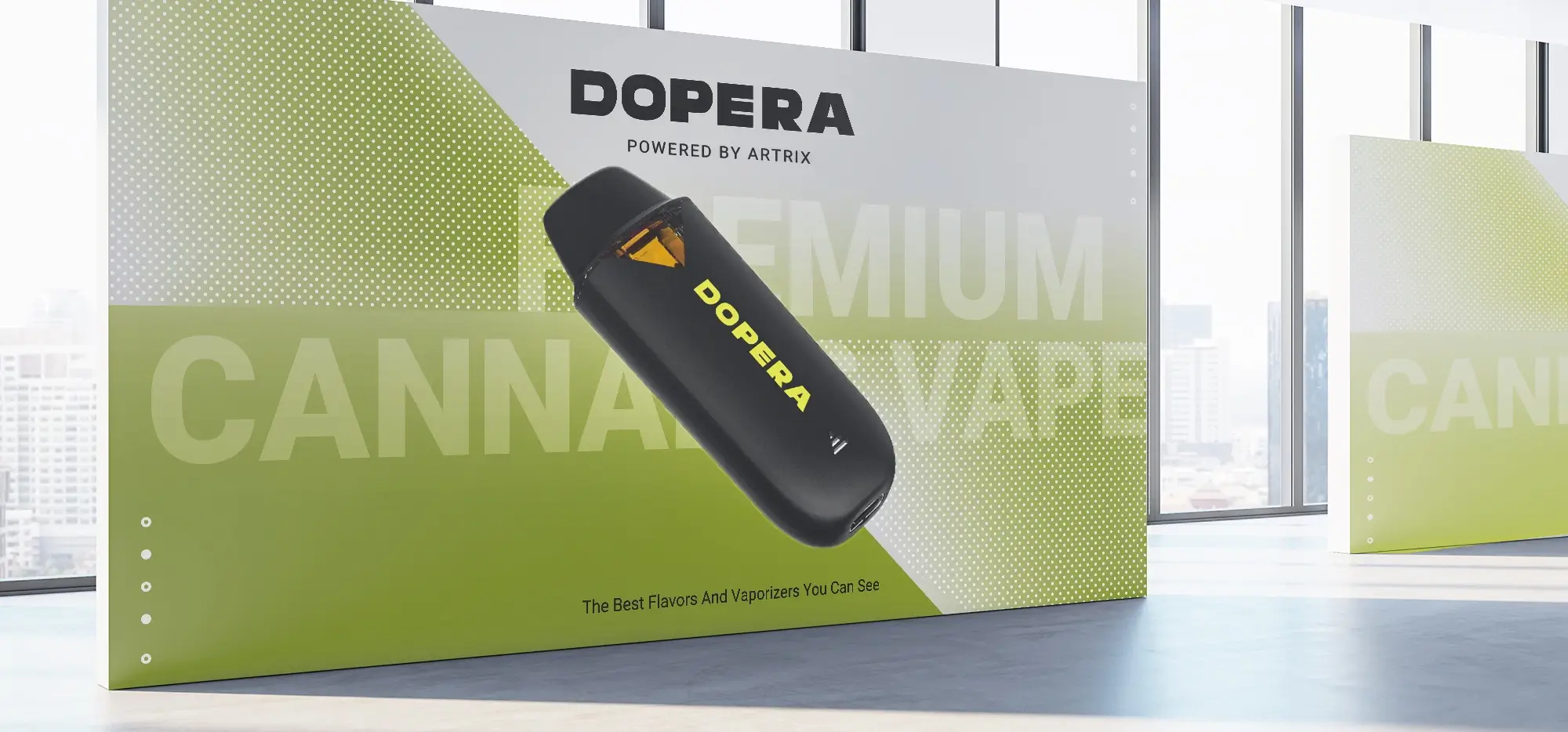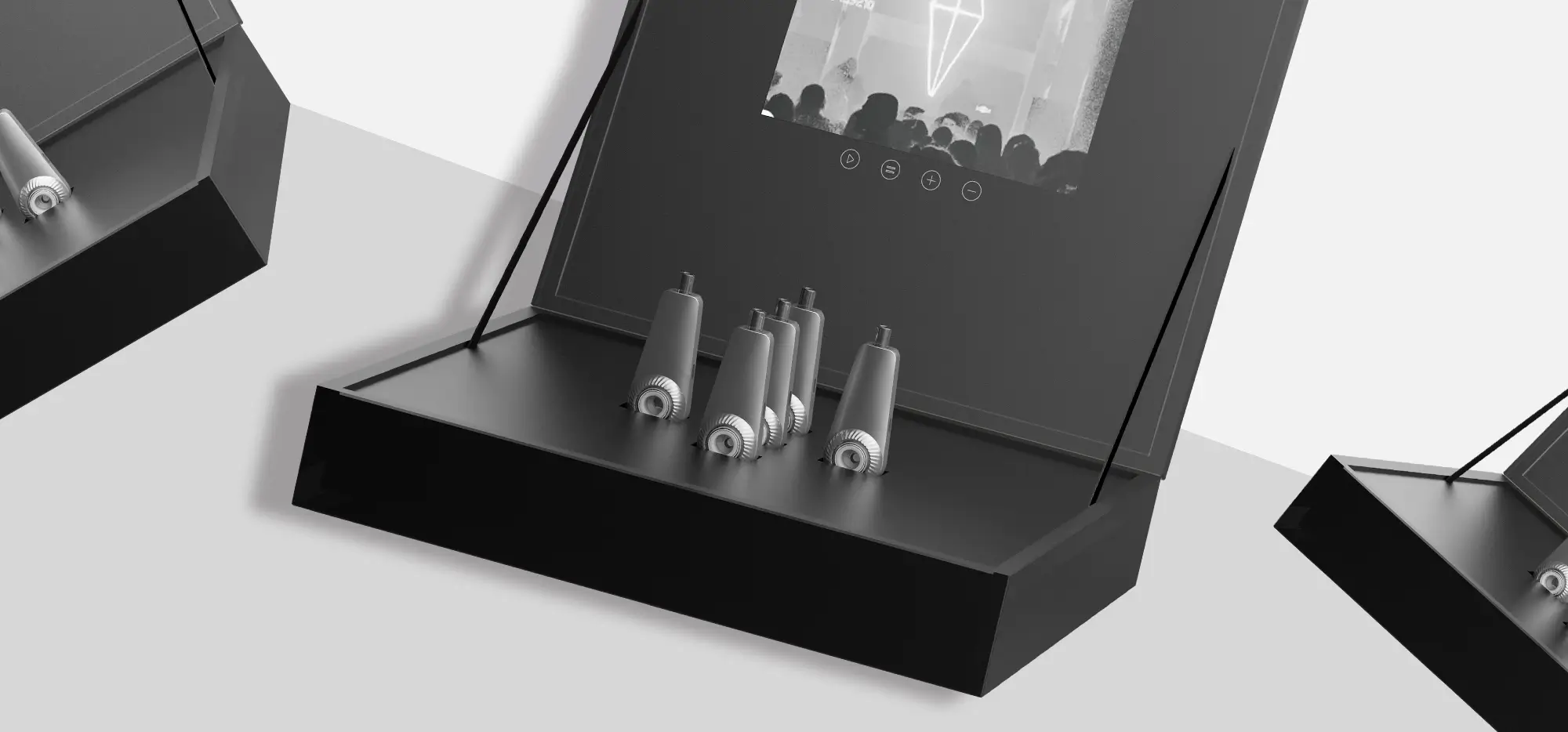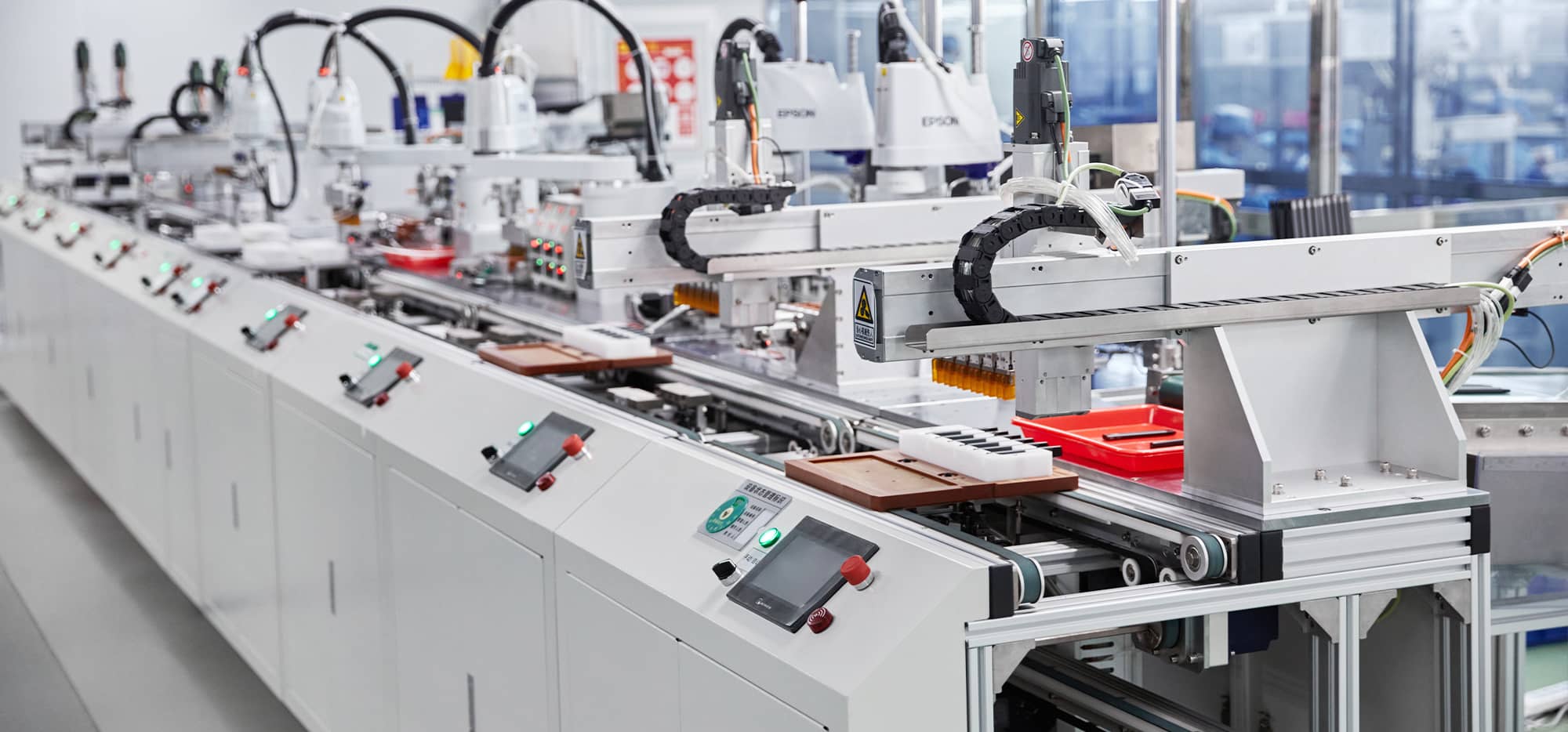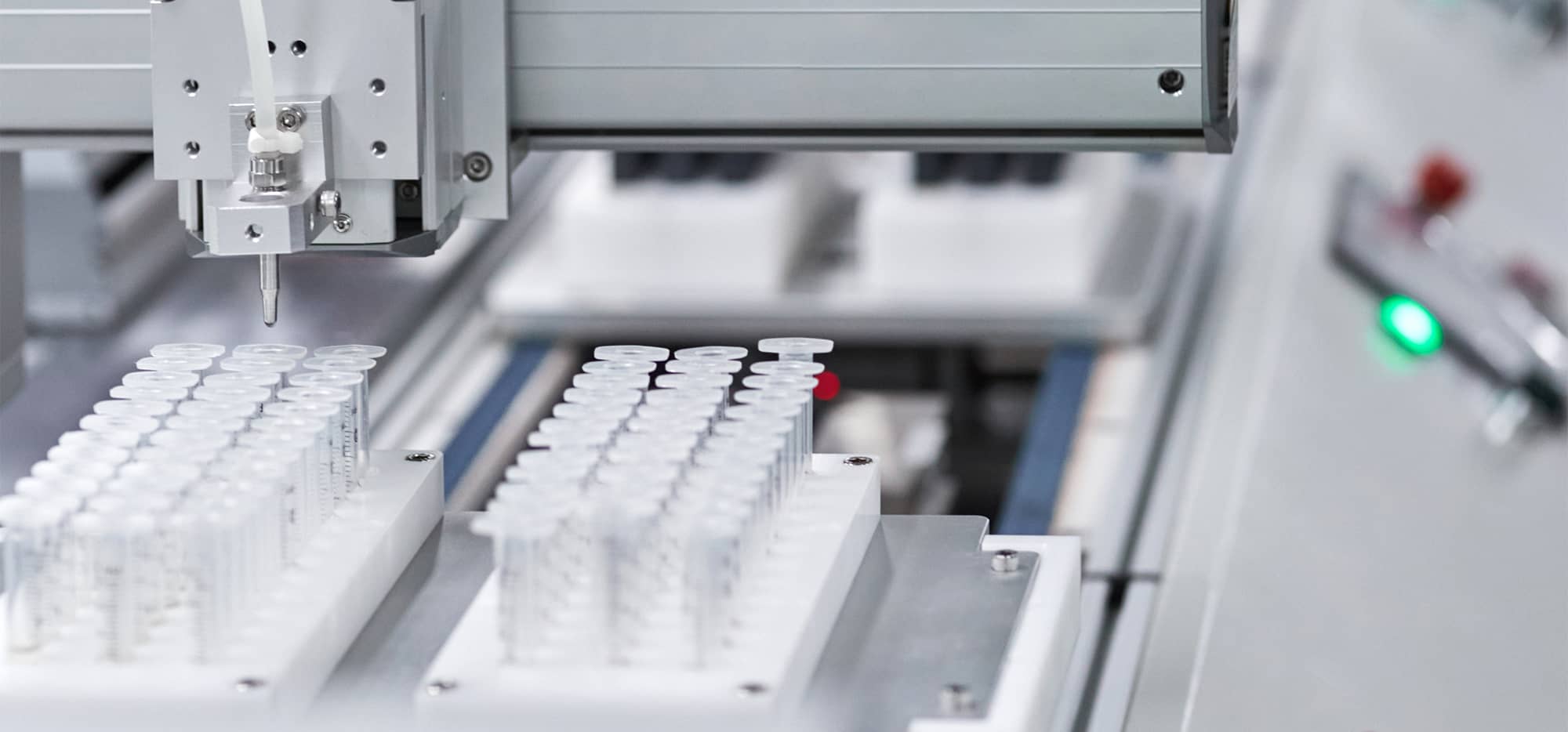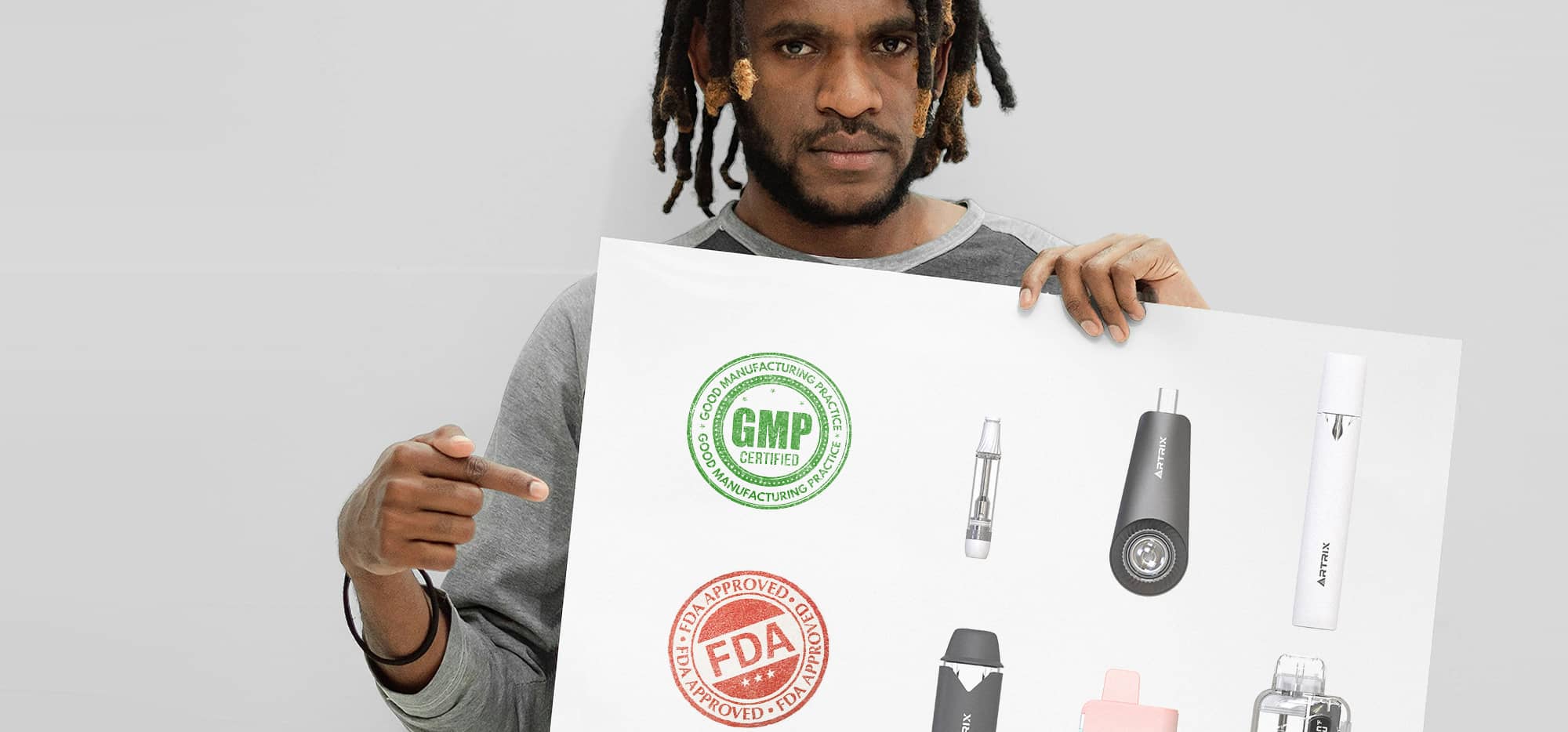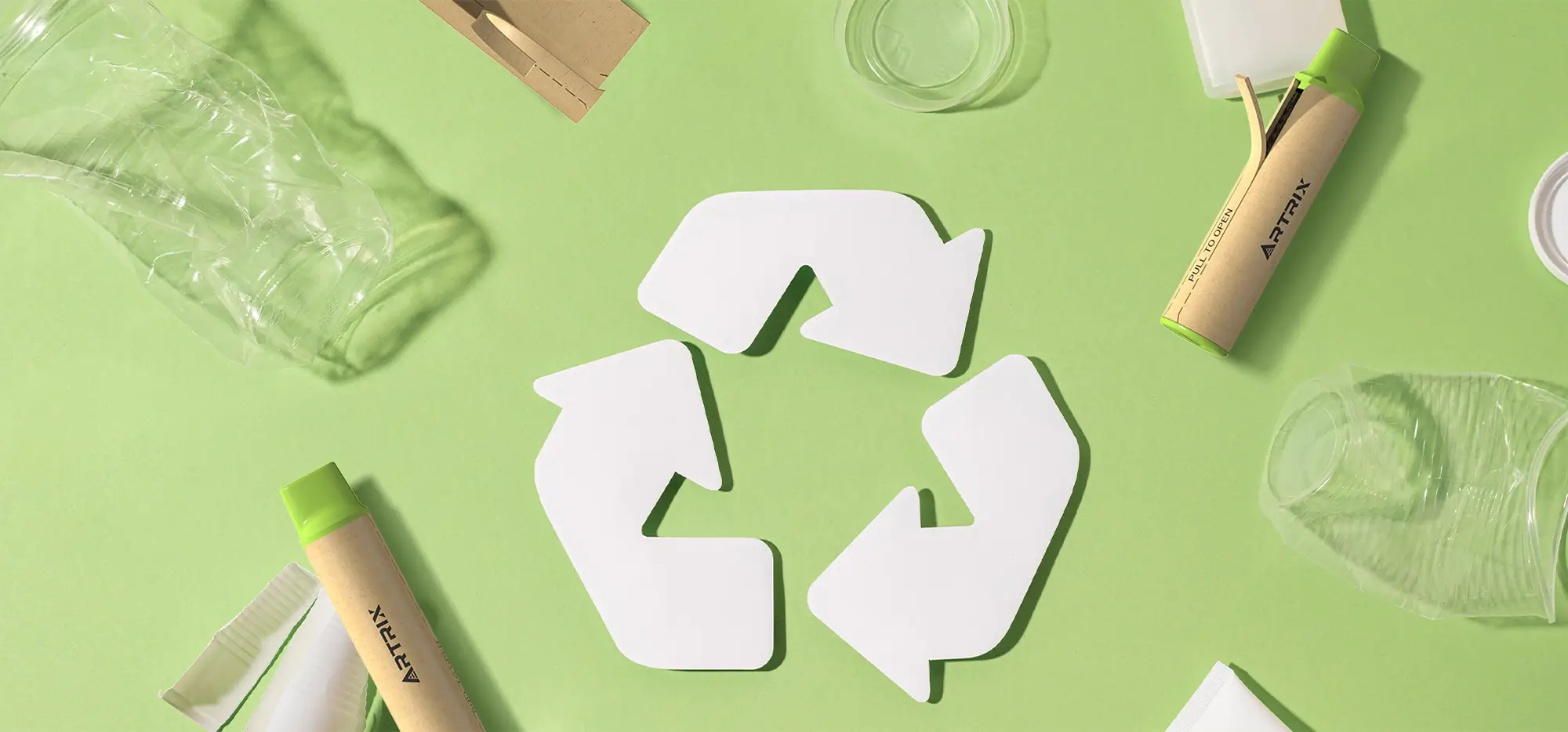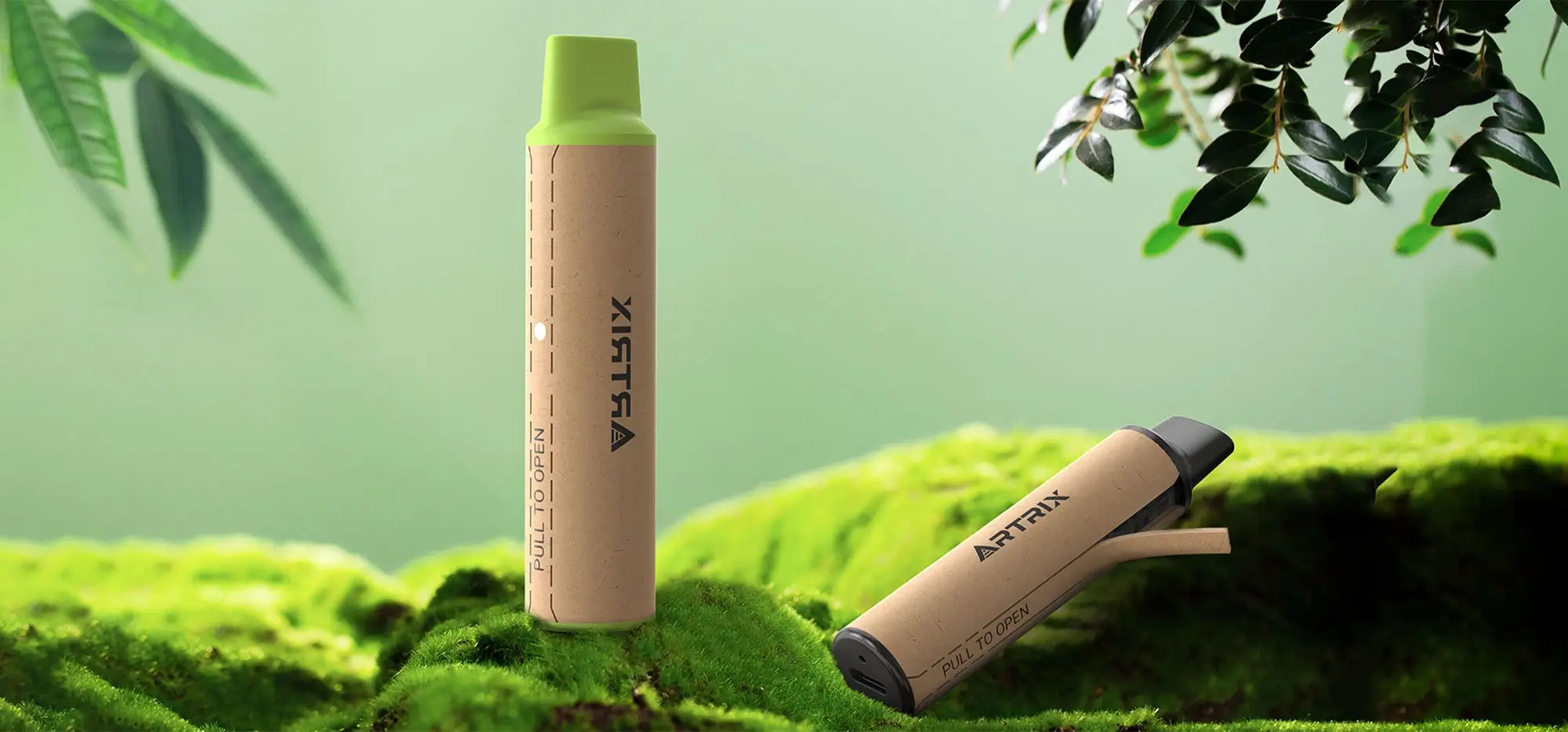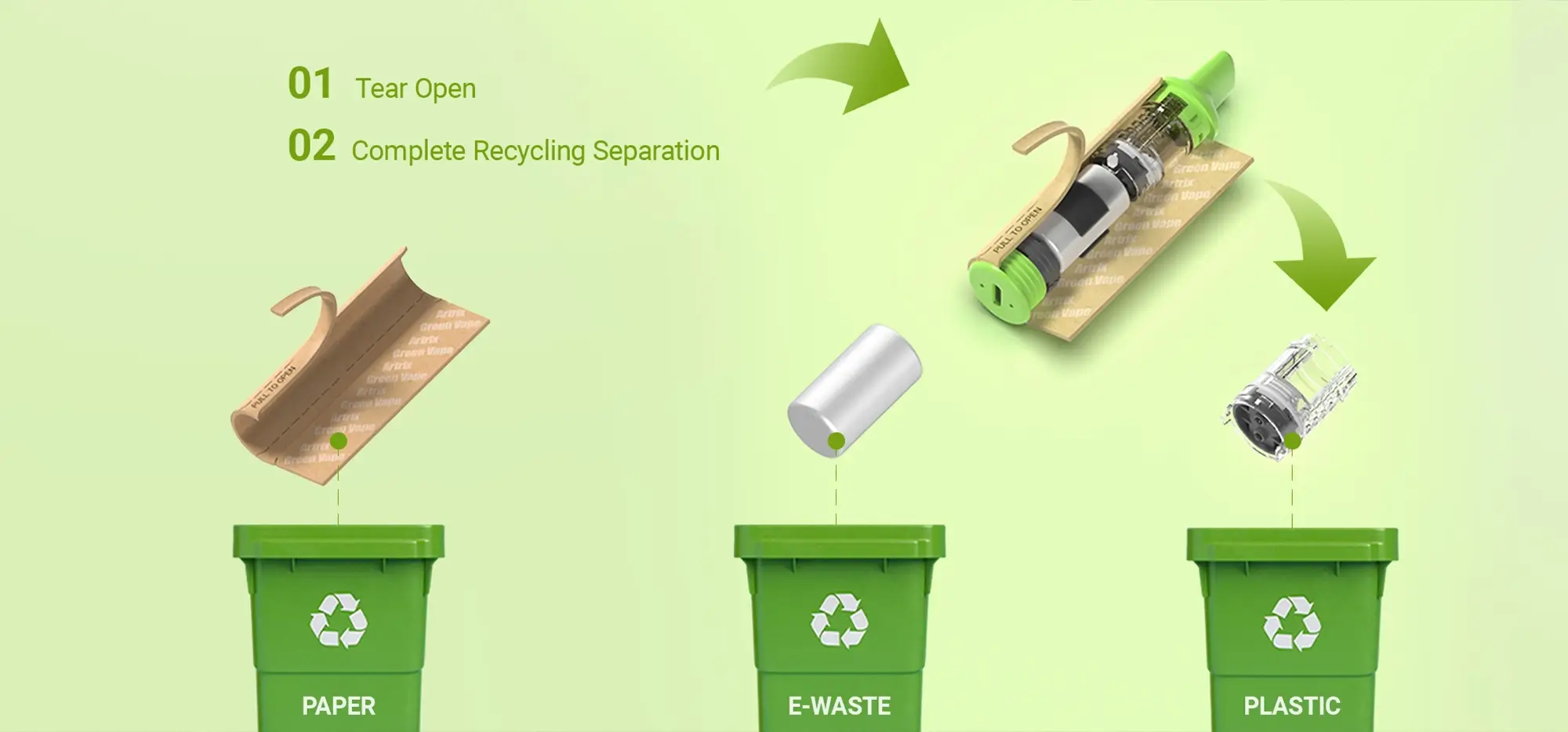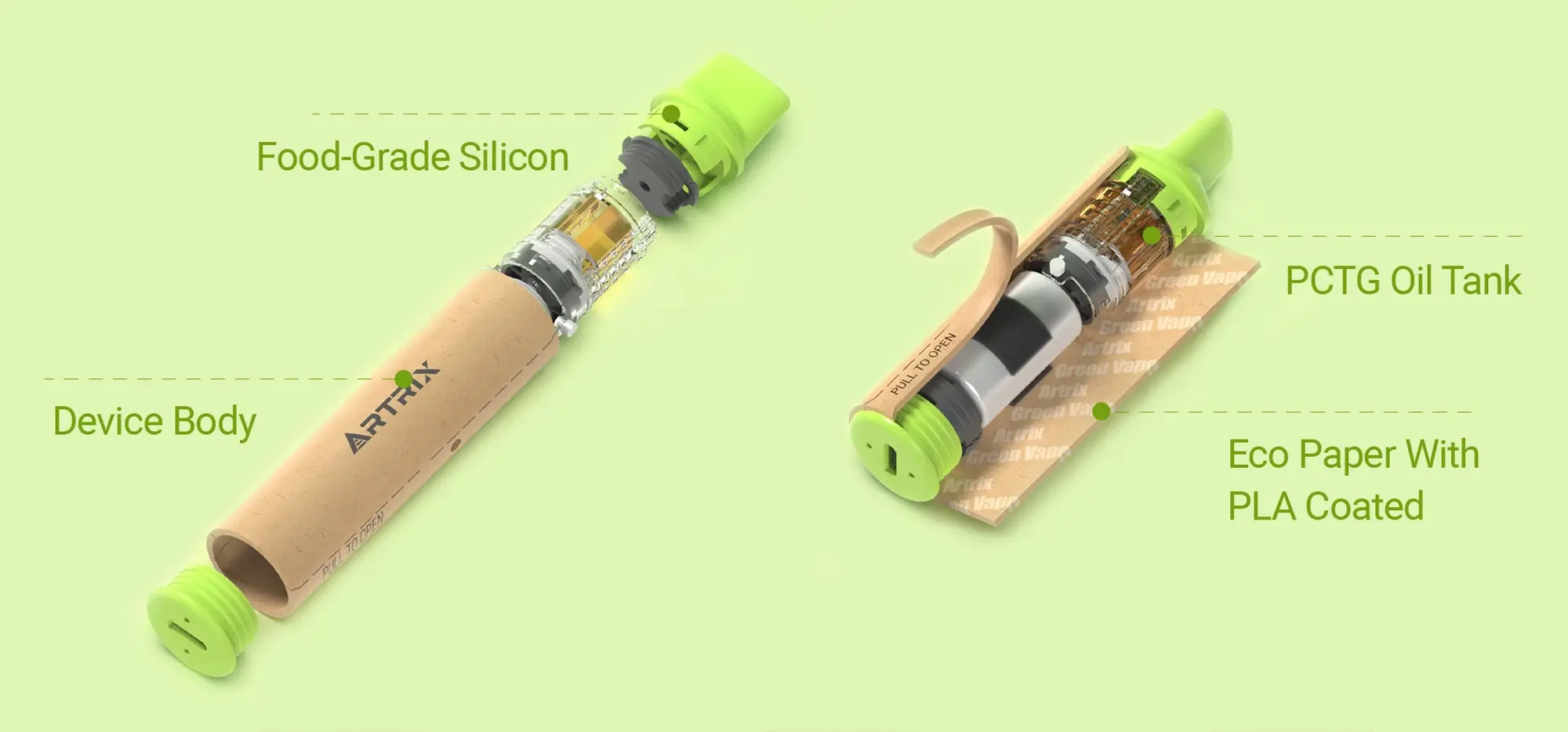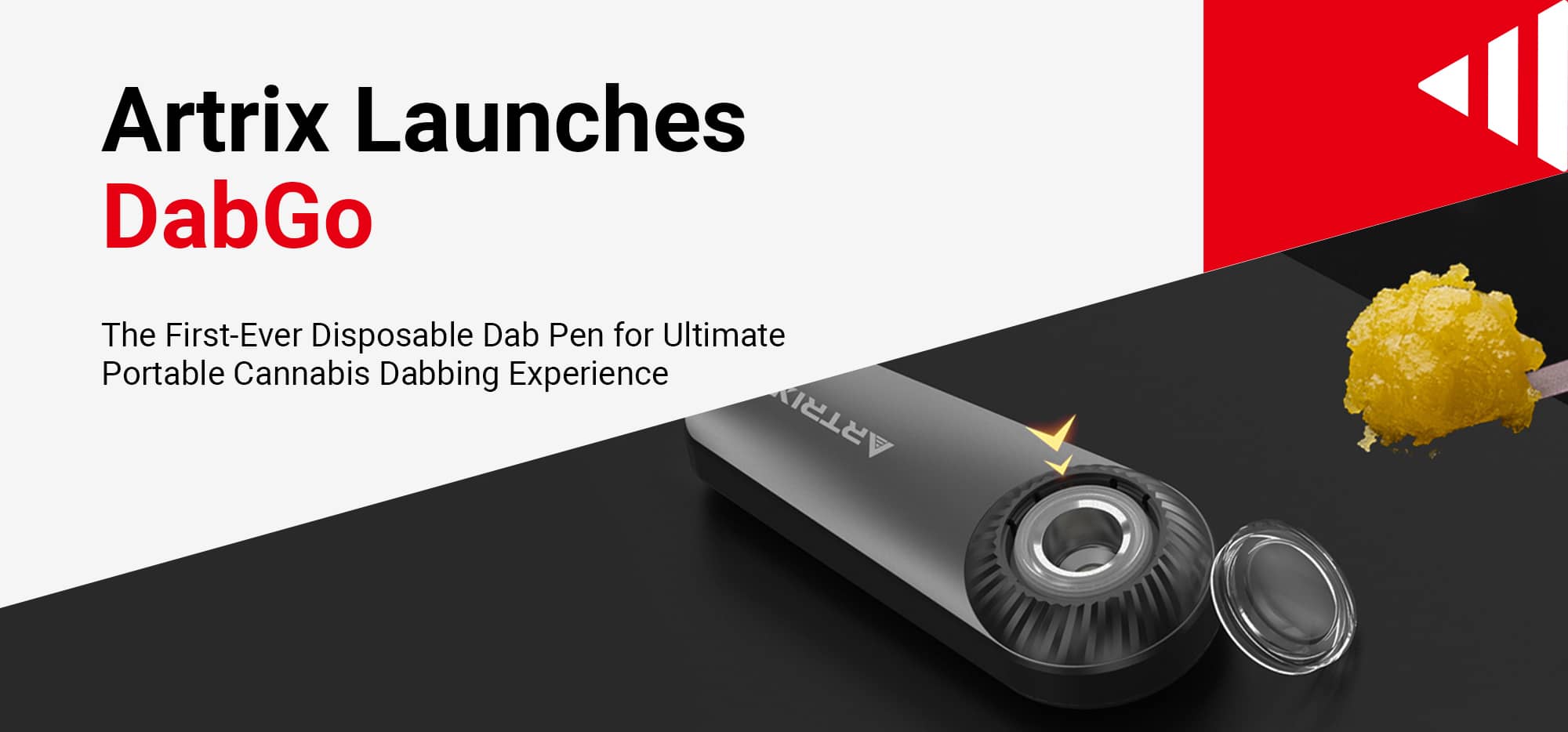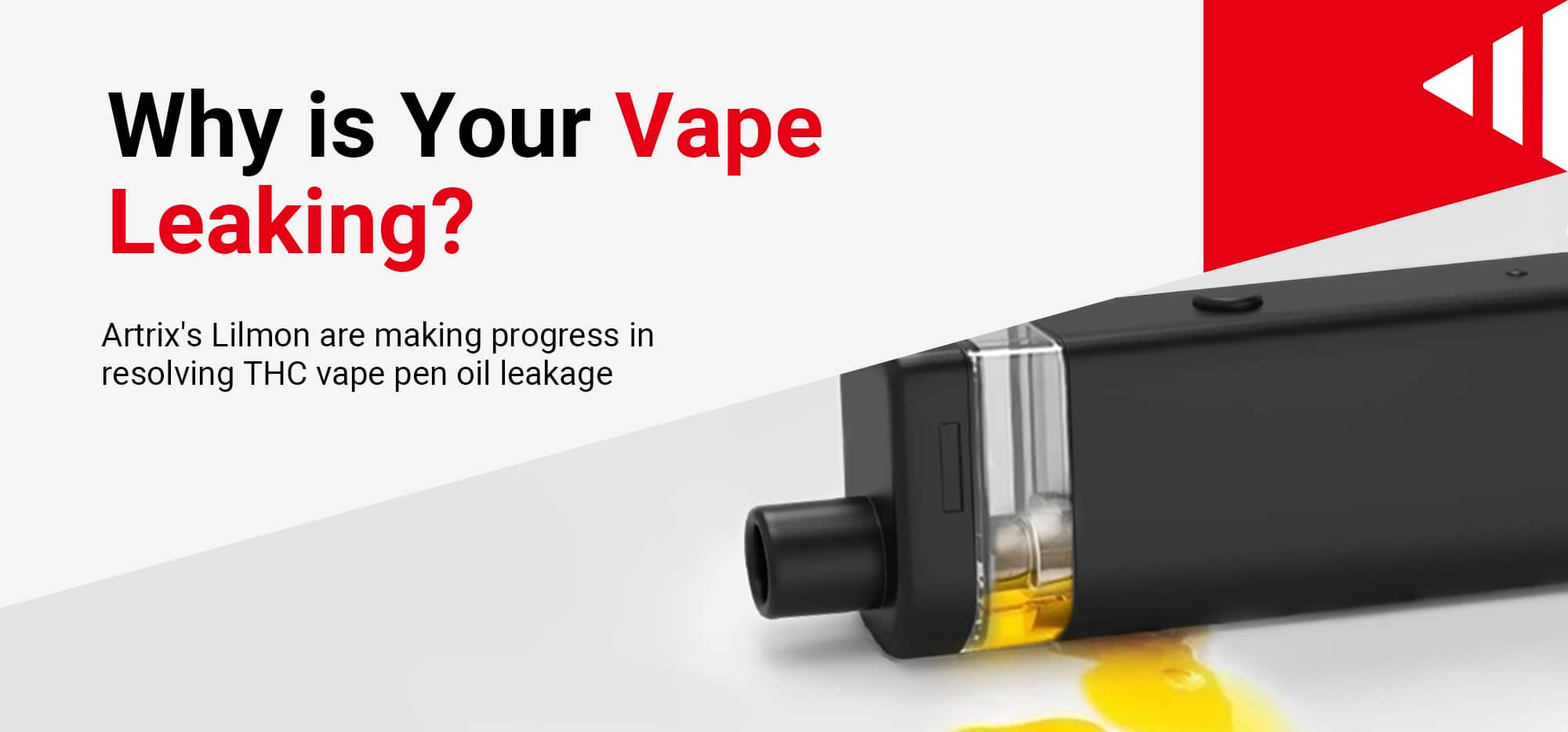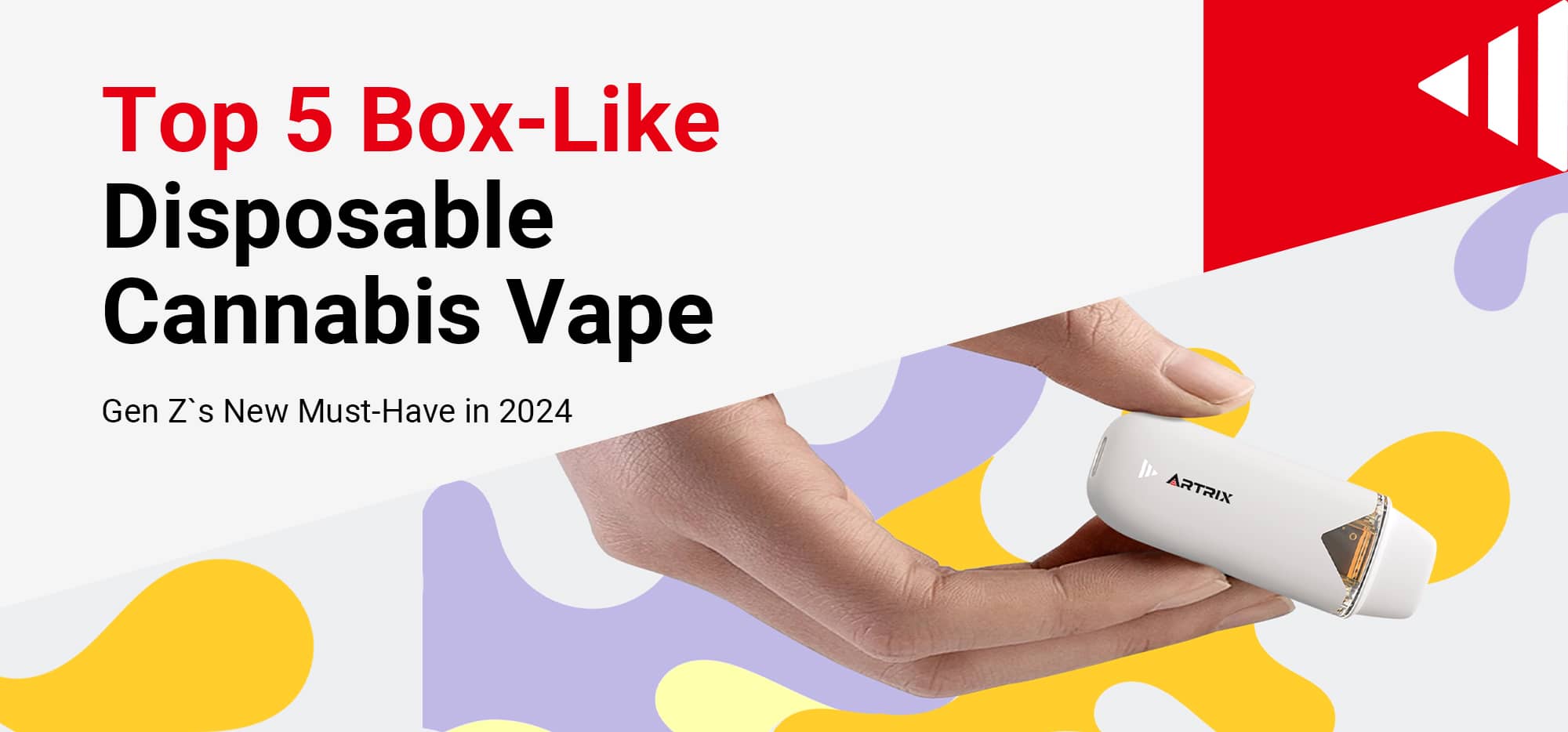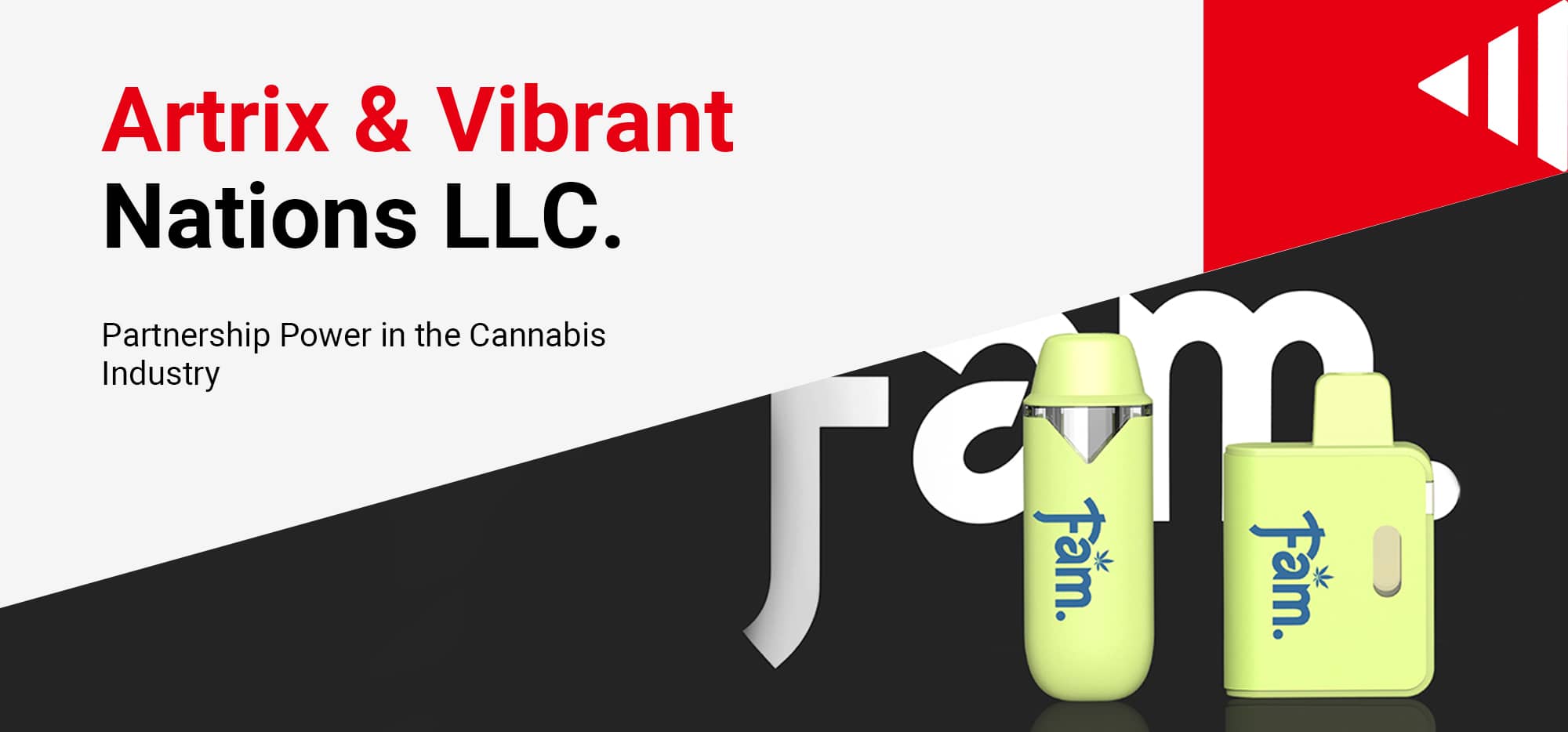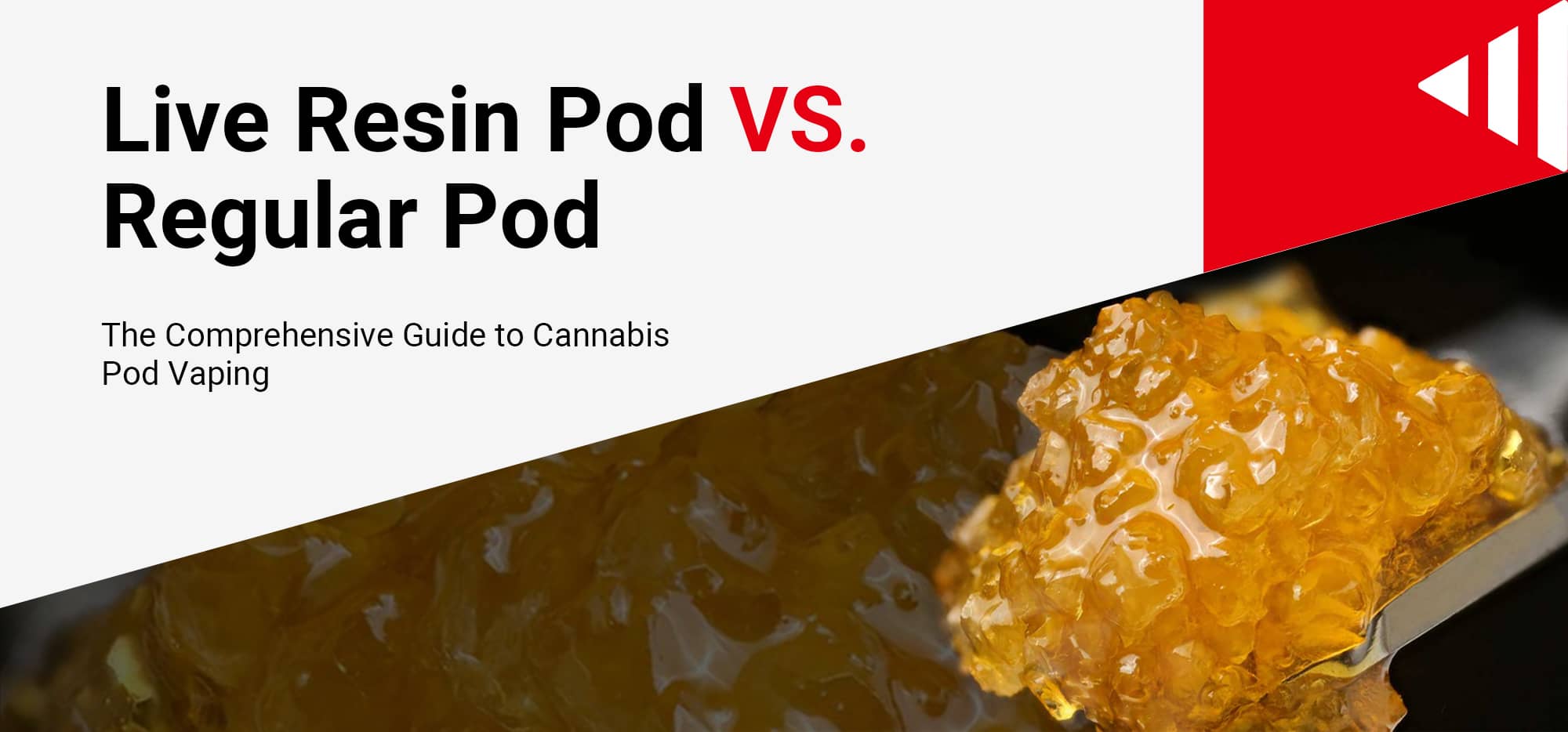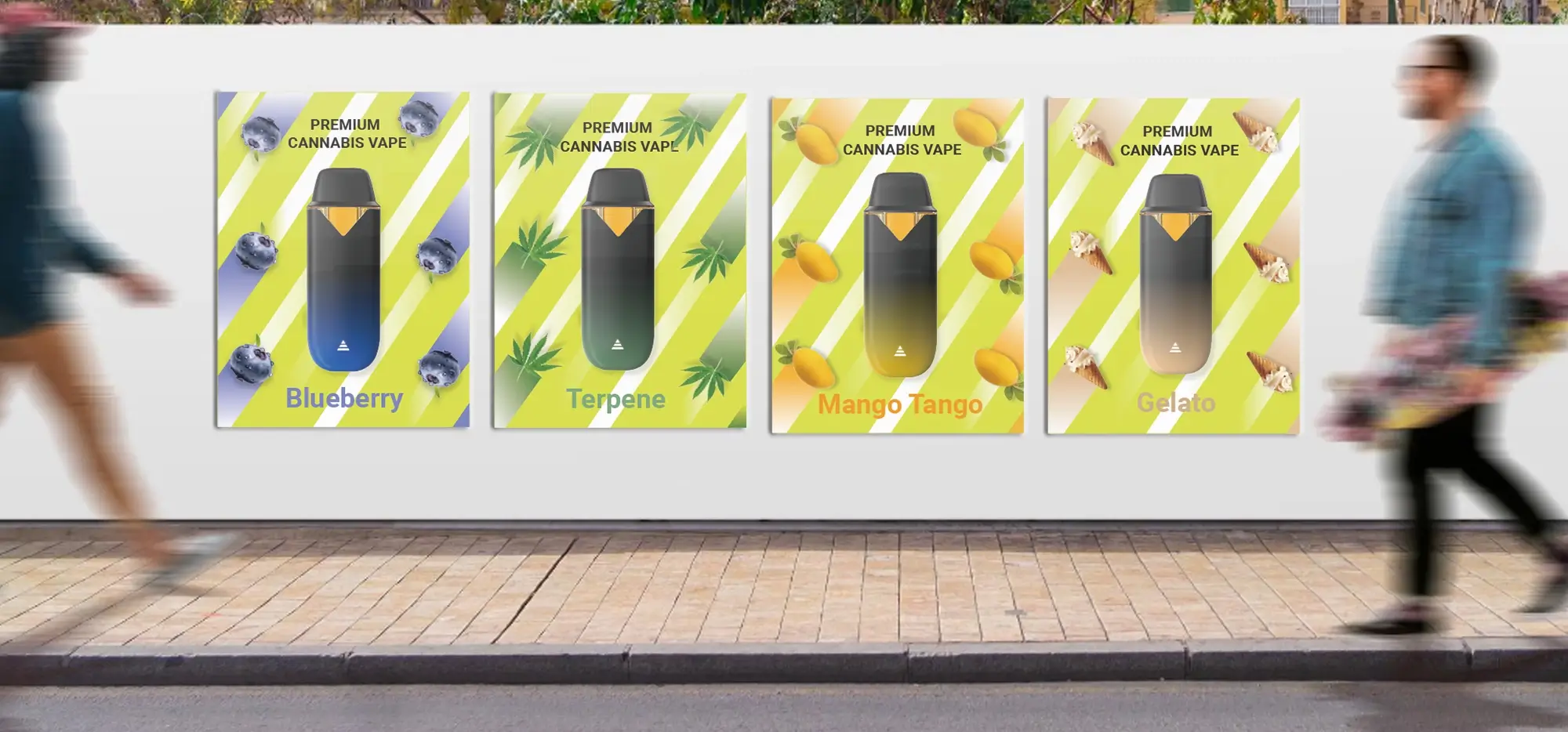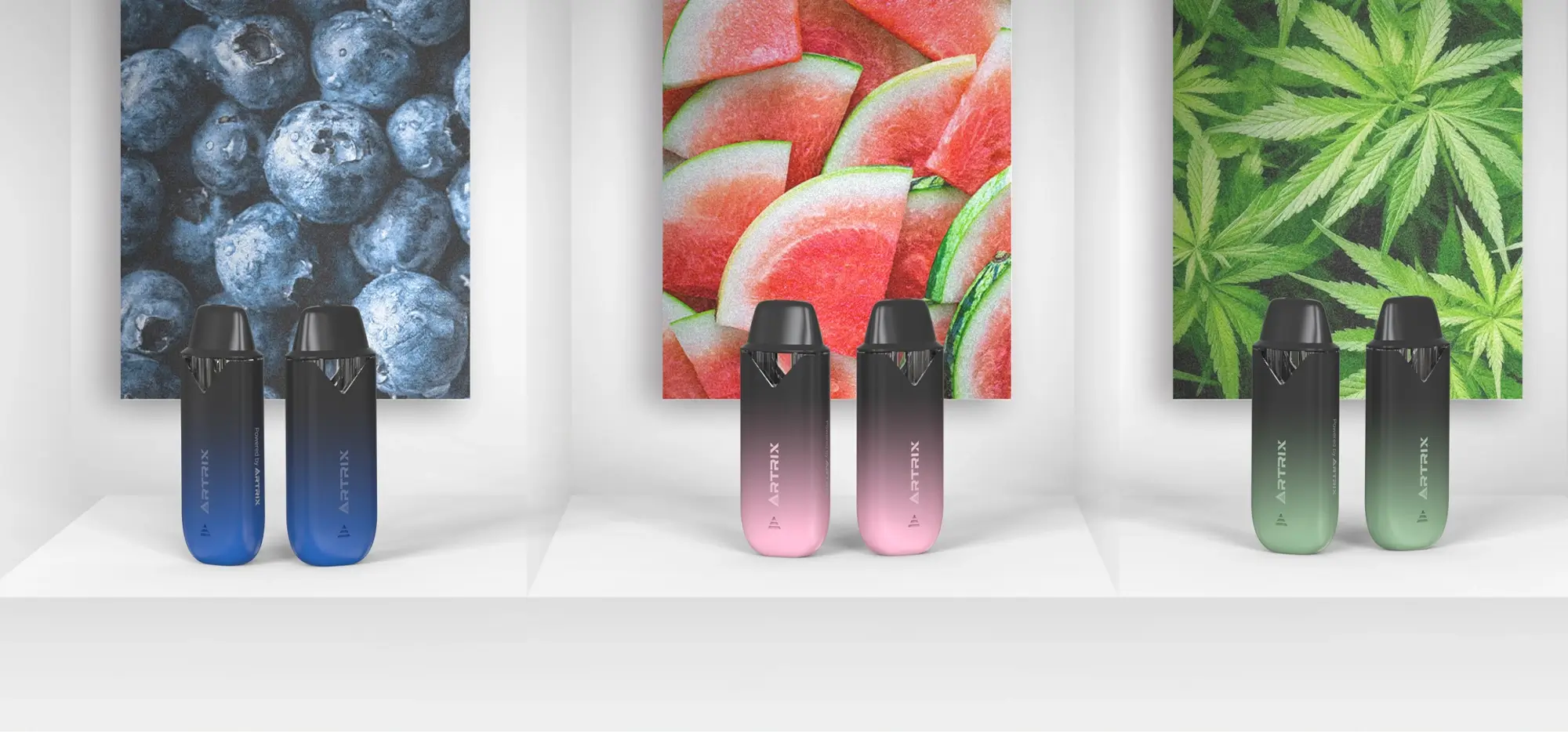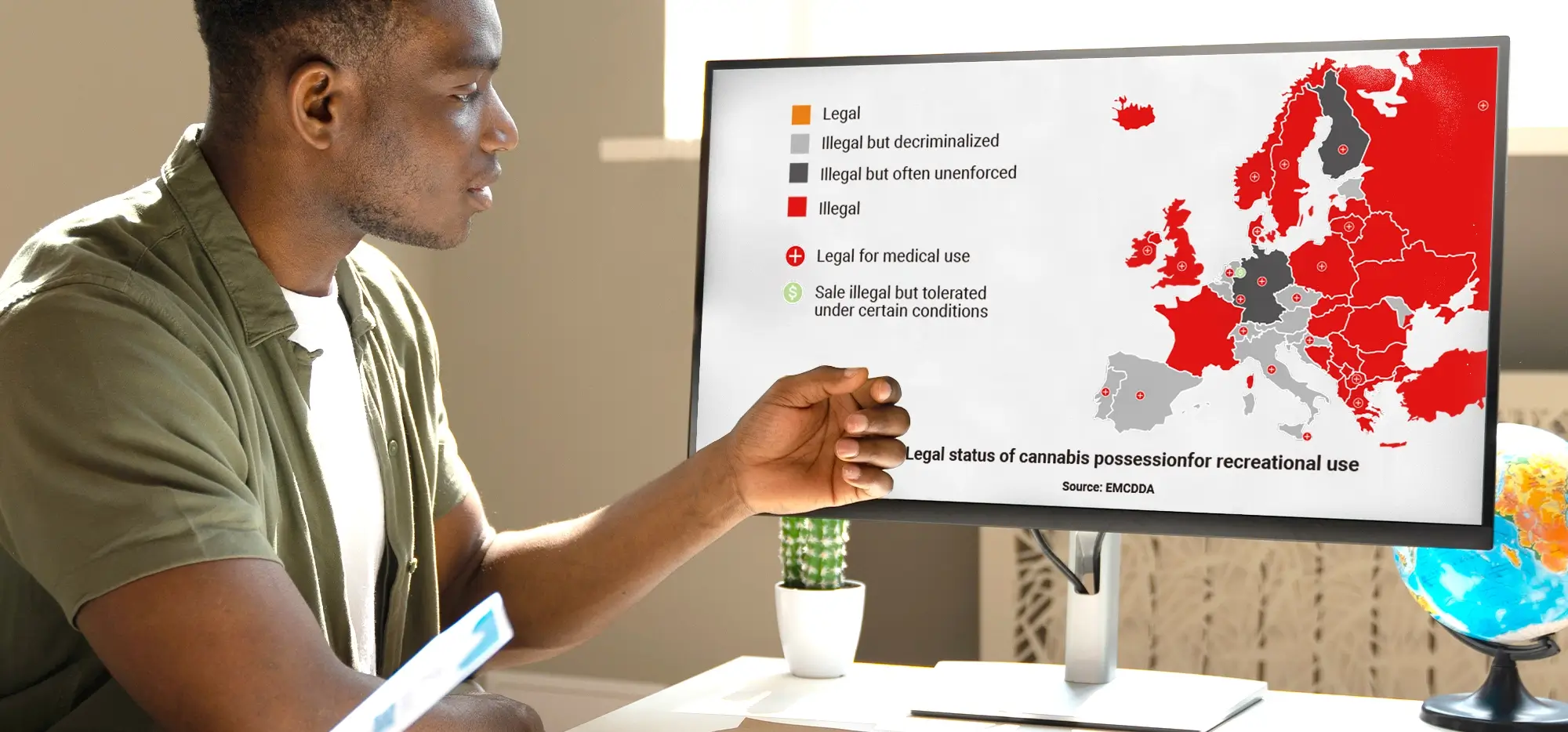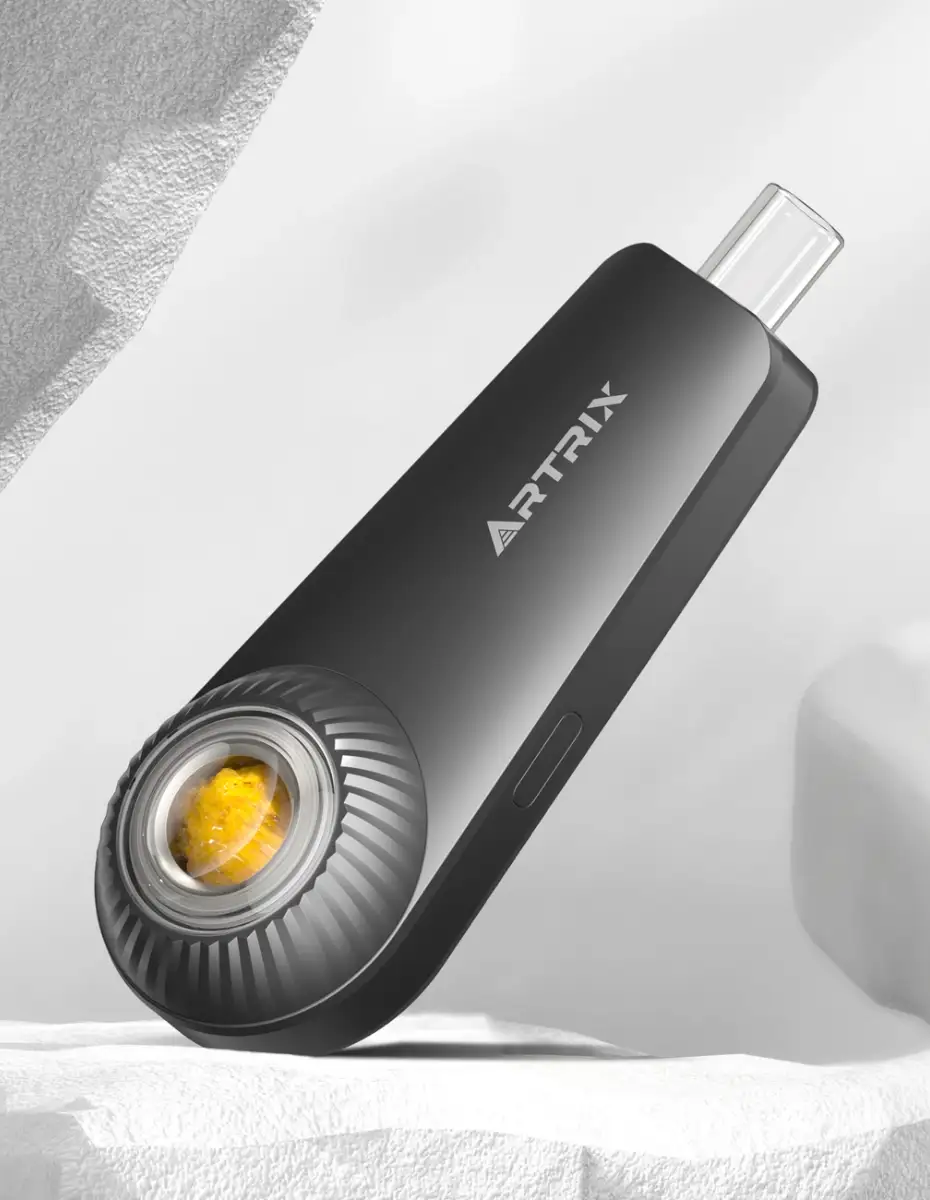Which is Better: THCA or CBD? A Comprehensive Comparison
Introduction
As cannabis research evolves, two compounds have captured significant attention: CBD (cannabidiol) and THCA (tetrahydrocannabinolic acid). People often compare these cannabinoids when seeking natural wellness options, particularly those who want therapeutic benefits without intoxication, or who have concerns about legal status and drug testing.
Both compounds share an important similarity—they’re non-psychoactive in their raw forms. However, their differences in effects, legal status, and research backing make the choice between them highly personal and situation-dependent.
Important Disclaimer: This article is for educational purposes only and does not constitute medical advice. Always consult with a healthcare provider before using cannabis products, especially if you have medical conditions or take medications.
Understanding THCA
What It Is: Tetrahydrocannabinolic acid (THCA) is the acidic precursor to THC found in raw cannabis plants. In its natural state, THCA doesn’t produce the “high” associated with cannabis.
How It Works: THCA primarily interacts with CB2 receptors in the endocannabinoid system. The crucial factor is decarboxylation—when exposed to heat through smoking, vaping, or cooking, THCA converts to psychoactive THC. This conversion can also occur slowly through aging, UV exposure, or even extended room temperature storage.
Potential Benefits: Early research and anecdotal reports suggest THCA may offer anti-inflammatory, neuroprotective, and anti-nausea properties. However, clinical research remains limited, and most studies have been conducted on animals or in laboratory settings.
Consumption Methods:
-
- – Raw consumption (juices, cold-pressed tinctures) maintains non-psychoactive properties
-
- – Heated consumption (smoking, vaping, baked goods) converts THCA to psychoactive THC
Critical Considerations: Understanding decarboxylation is essential. Even products marketed as “raw THCA” may contain some converted THC, and partial conversion can occur unpredictably.
Understanding CBD
What It Is: Cannabidiol (CBD) is a well-studied cannabinoid found abundantly in hemp plants and certain cannabis strains.
How It Works: Unlike THCA, CBD doesn’t directly bind to CB1 or CB2 receptors. Instead, it modulates various pathways including serotonin receptors, potentially explaining its diverse effects.
Research-Backed Benefits: CBD has substantial clinical research supporting its use for specific conditions:
-
- – Seizure disorders (FDA-approved Epidiolex)
-
- – Anxiety reduction
-
- – Sleep support
-
- – Inflammation management
Consumption Methods: CBD is available in oils, gummies, capsules, topicals, and vape products, all maintaining non-psychoactive properties regardless of consumption method.
Established Safety Profile: CBD has more extensive safety data, though it can interact with certain medications, particularly blood thinners and seizure medications.
CBD vs THCA: Key Differences
Psychoactivity
-
- – CBD: Never intoxicating under any circumstances
-
- – THCA: Non-intoxicating when raw, but any heat exposure converts it to psychoactive THC
Research Evidence
-
- – CBD: Extensive clinical trials and FDA approval for specific uses
-
- – THCA: Limited research, mostly preliminary studies and anecdotal reports
Legal Status (U.S.)
-
- – CBD (hemp-derived): Federally legal when containing <0.3% Delta-9 THC
-
- – THCA: Complex legal status varies by state; federal status unclear since it converts to THC
Drug Testing Risks
-
- – CBD: Risk exists with full-spectrum products containing trace amounts of THC
-
- – THCA: High likelihood of triggering positive THC tests, especially with heated consumption
Therapeutic Applications
-
- – CBD: Strong evidence for anxiety, seizures, and sleep disorders
-
- – THCA: Preliminary evidence for inflammation and neuroprotection, but lacks clinical validation
Making the Right Choice
For Non-Psychoactive Relief
If avoiding intoxication is your priority, CBD offers a more reliable, well-researched option with clearer legal protections. While raw THCA is also non-psychoactive, the risk of unintended conversion makes CBD the safer choice.
For Evidence-Based Therapy
CBD has substantially more clinical research supporting its therapeutic uses, particularly for anxiety, seizures, and sleep issues. THCA shows promise but lacks the research foundation needed for confident therapeutic use.
For Legal Peace of Mind
Hemp-derived CBD enjoys stronger federal legal protections and wider acceptance. THCA exists in a regulatory gray area that varies significantly by location.
For Comprehensive Effects
Some users combine CBD and THCA products to balance potential benefits while managing psychoactive effects, though this approach requires careful dosing and legal consideration.
Safety and Product Considerations
Essential Safety Tips
-
- – Start with very low doses and increase gradually
-
- – Purchase only from reputable sources with third-party lab testing
-
- – Avoid driving or operating machinery when using any cannabis products
-
- – Store products properly to prevent unintended THCA conversion
-
- – Be aware of potential drug interactions, especially with prescription medications
Product Quality Factors
-
- – Lab Testing: Verify cannabinoid content, pesticides, heavy metals, and microbials
-
- – Source Transparency: Choose companies that provide detailed sourcing information
-
- – Accurate Labeling: Ensure products clearly distinguish between THCA and THC content
Medical Considerations
Consult healthcare providers before use if you:
-
- – Take prescription medications
-
- – Have a history of mental health conditions
-
- – Are pregnant or breastfeeding
-
- – Have cardiovascular conditions
-
- – Face regular drug testing
Conclusion
Neither THCA nor CBD is universally “better”—the optimal choice depends entirely on individual circumstances, goals, and risk tolerance. CBD offers more predictable effects, stronger research backing, and clearer legal status, making it suitable for those seeking reliable, non-psychoactive therapeutic support. THCA may appeal to users interested in potentially stronger anti-inflammatory effects or those who want the flexibility of both non-psychoactive and psychoactive consumption options.
Your decision should factor in your therapeutic goals, legal situation, drug testing requirements, and comfort level with less-researched compounds. Most importantly, approach either option as part of a broader wellness strategy developed in consultation with qualified healthcare professionals.
Remember: Cannabis products are not suitable for everyone, and what works for others may not work for you. Prioritize safety, legality, and professional medical guidance in your decision-making process.
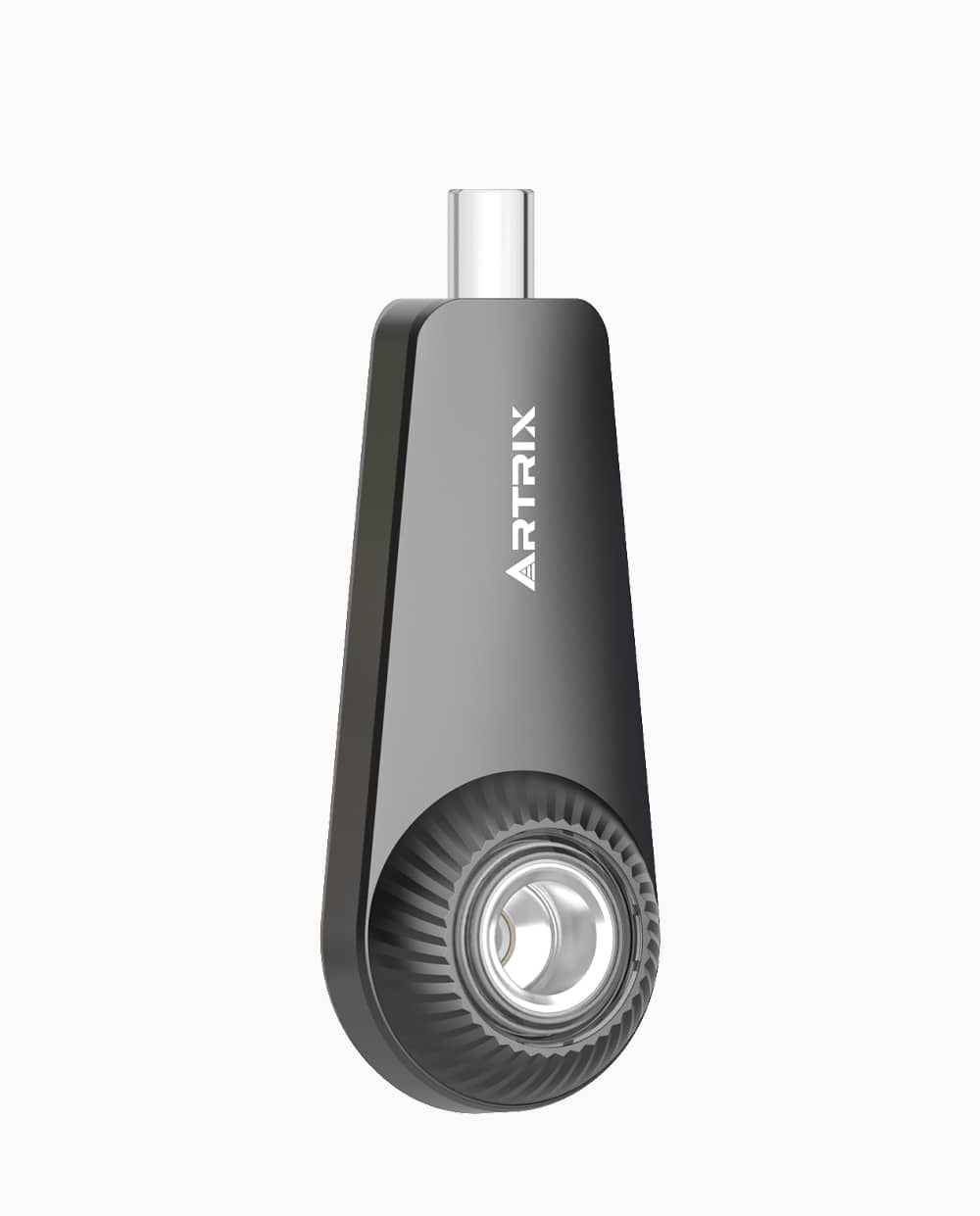
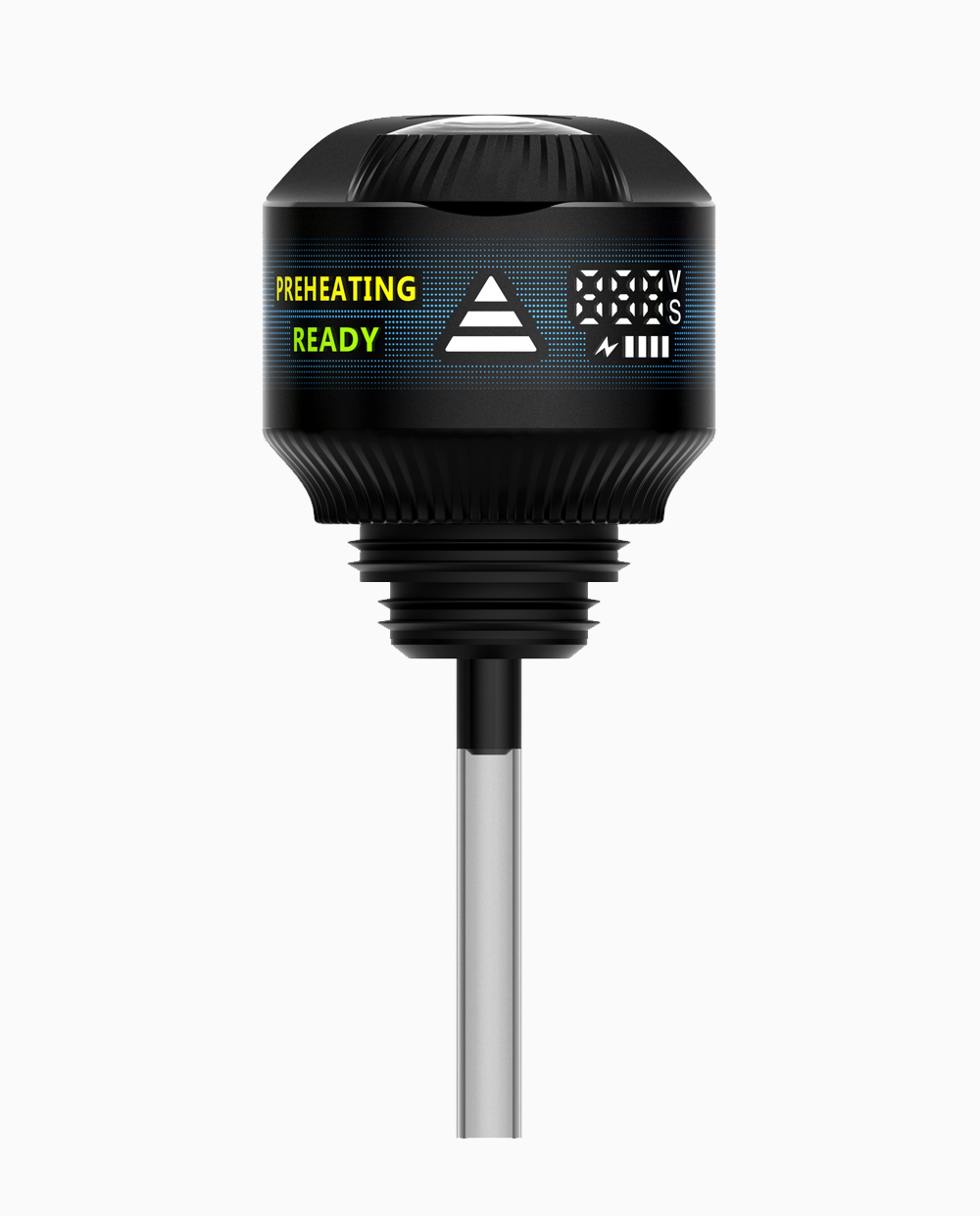
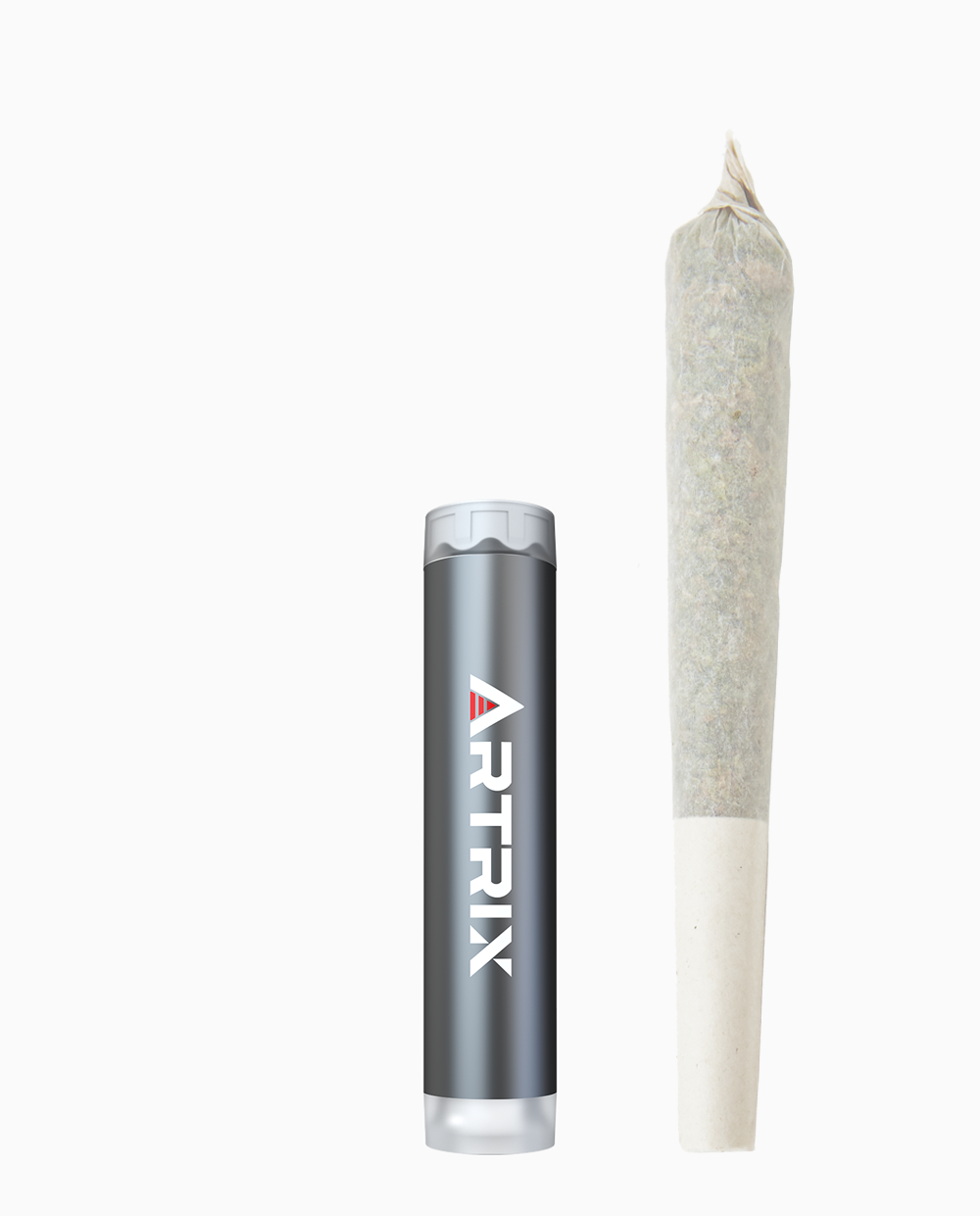
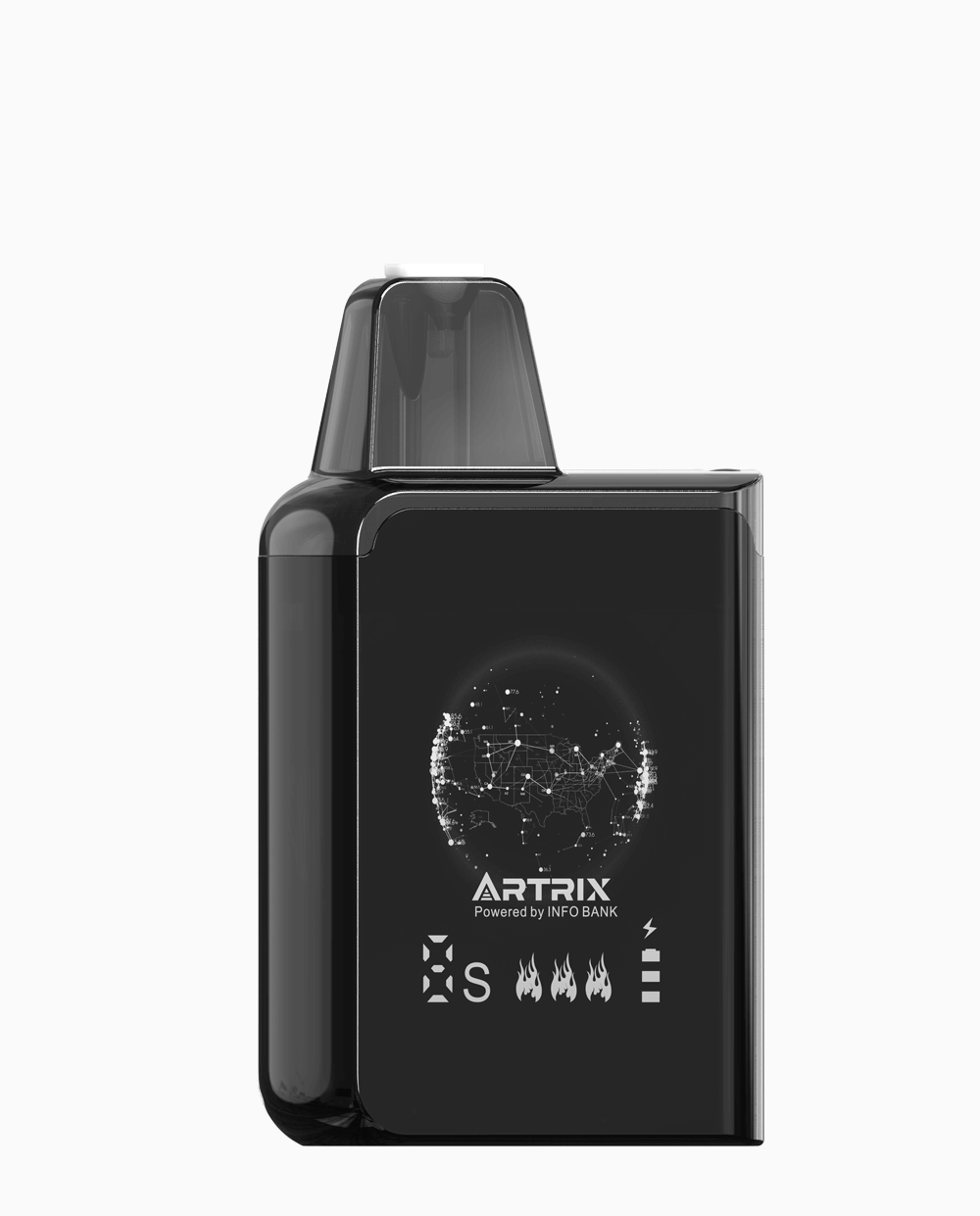
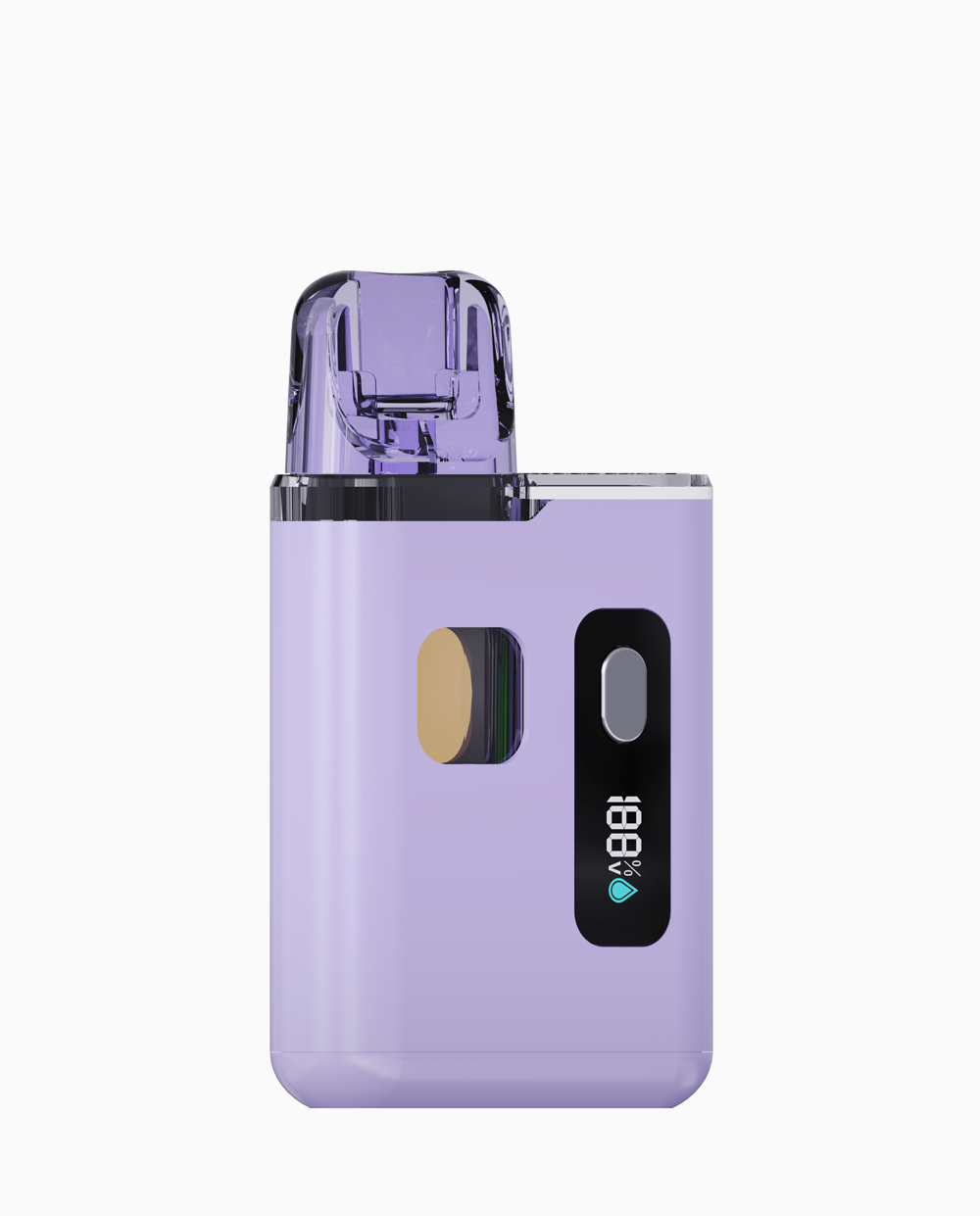
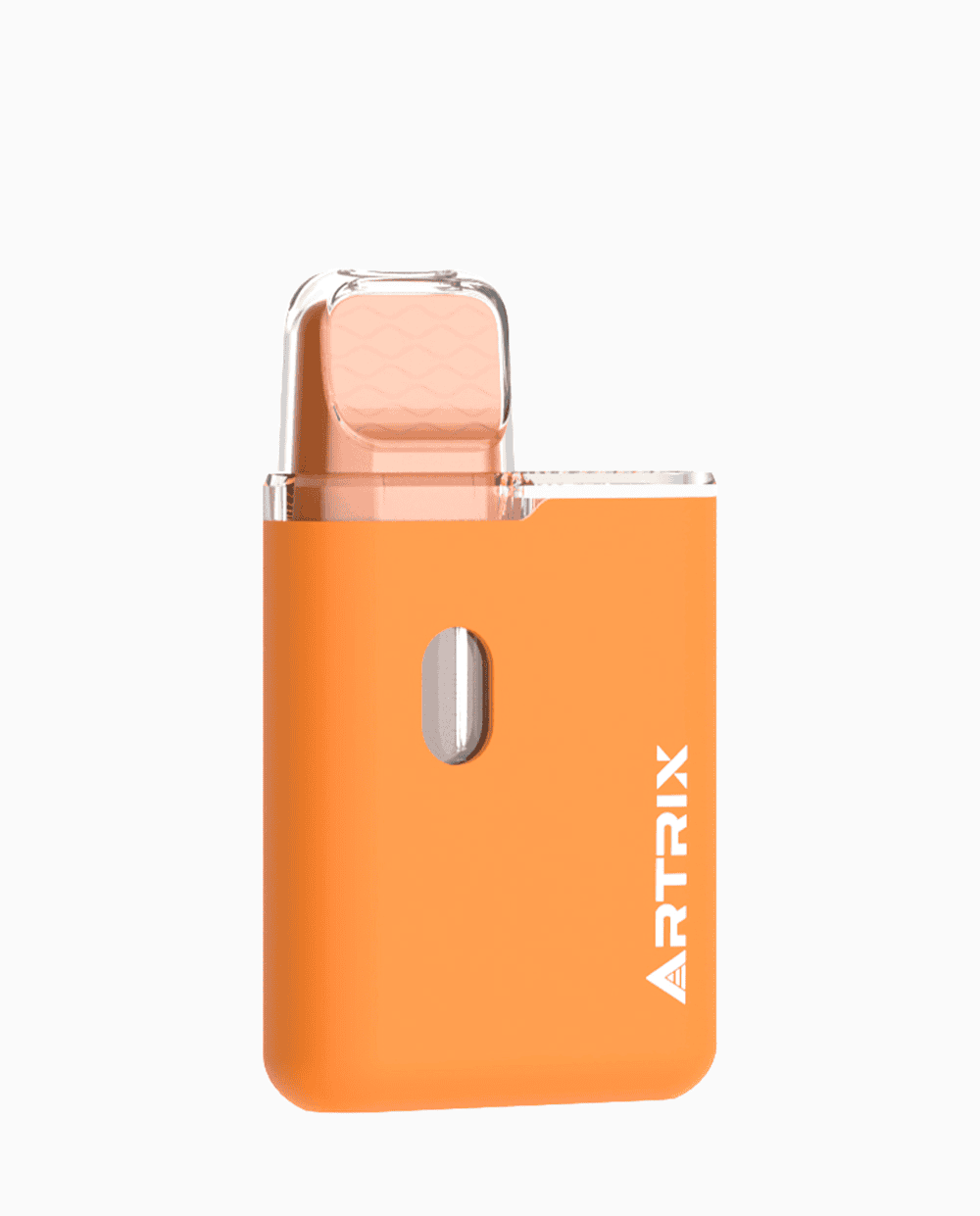
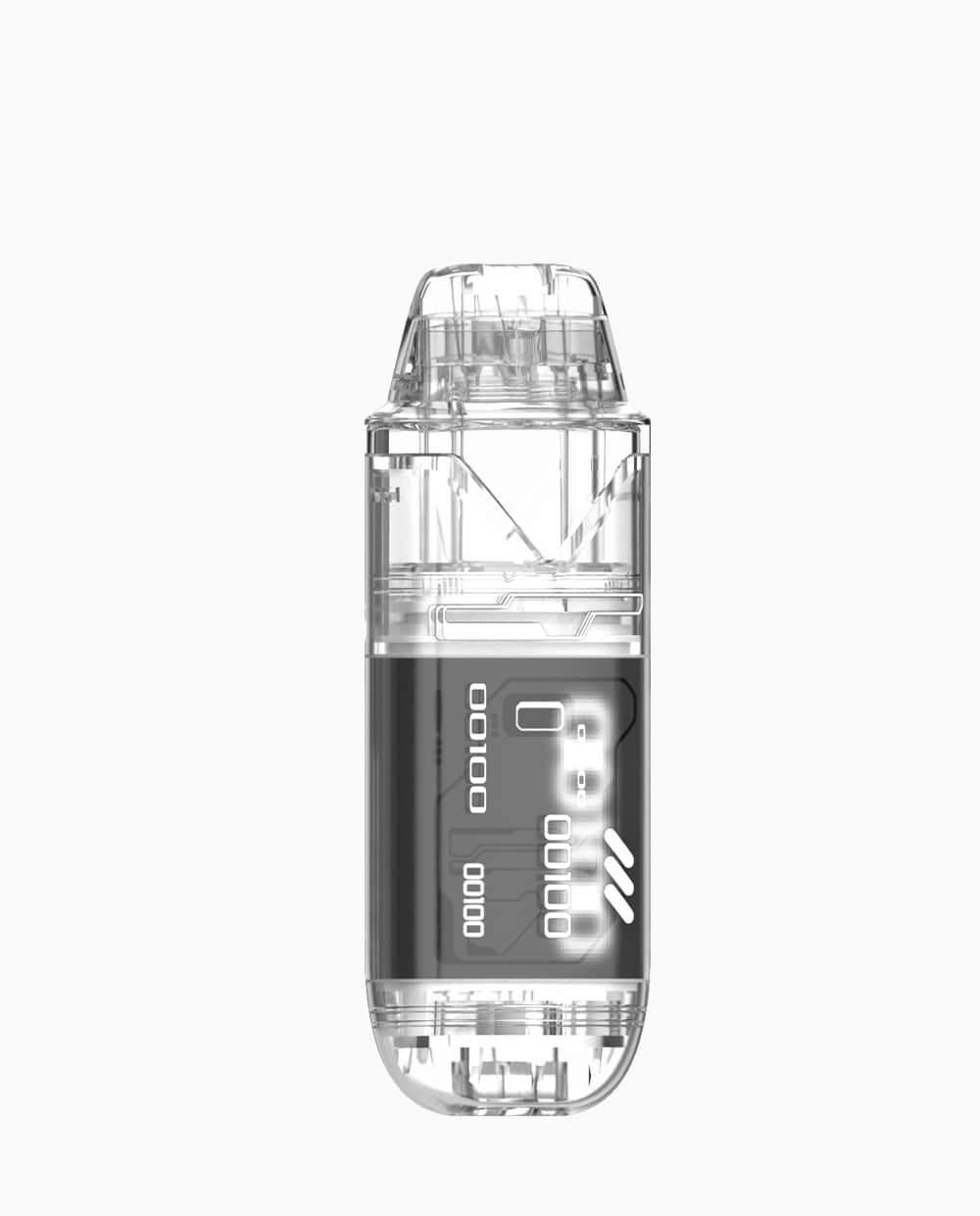
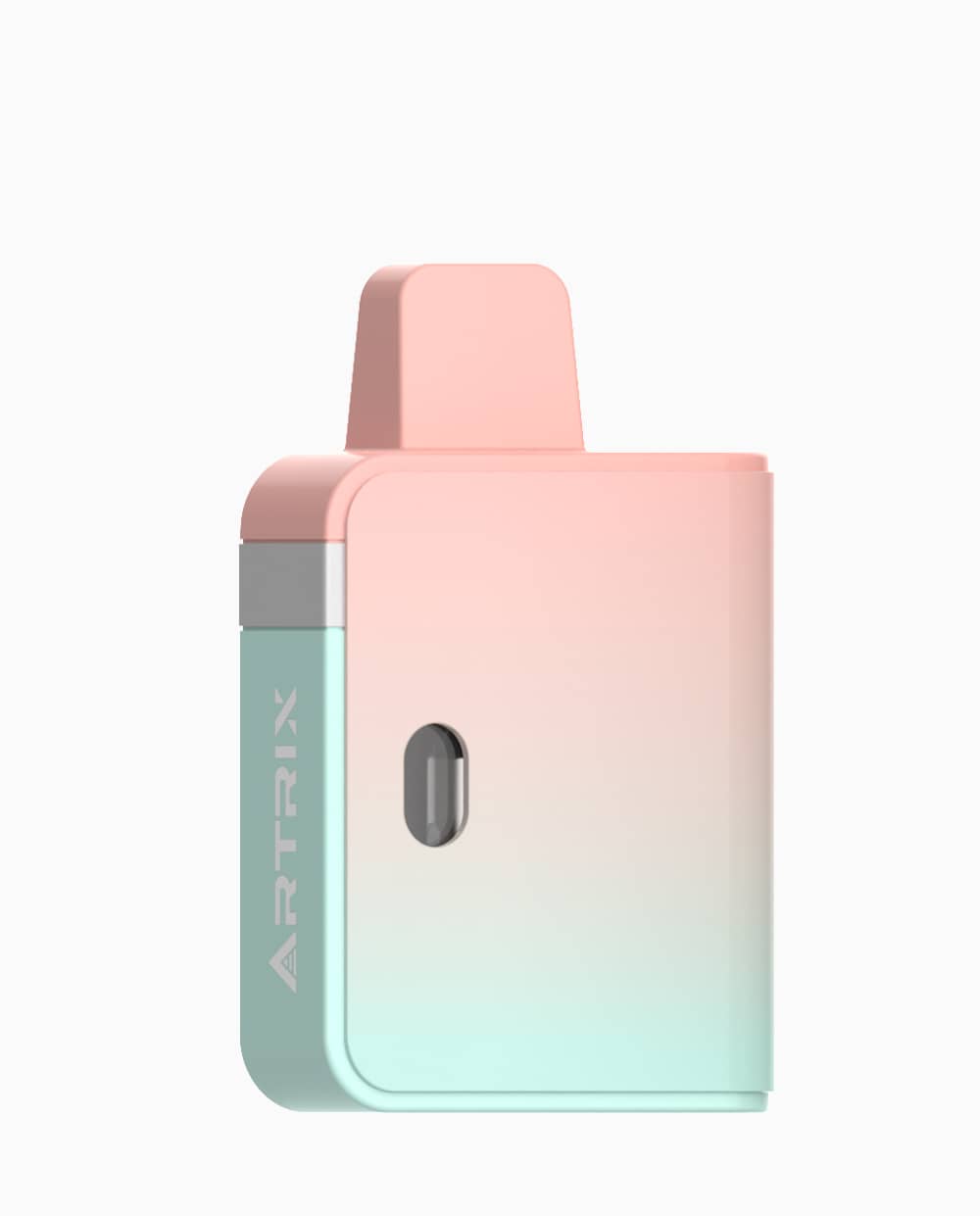
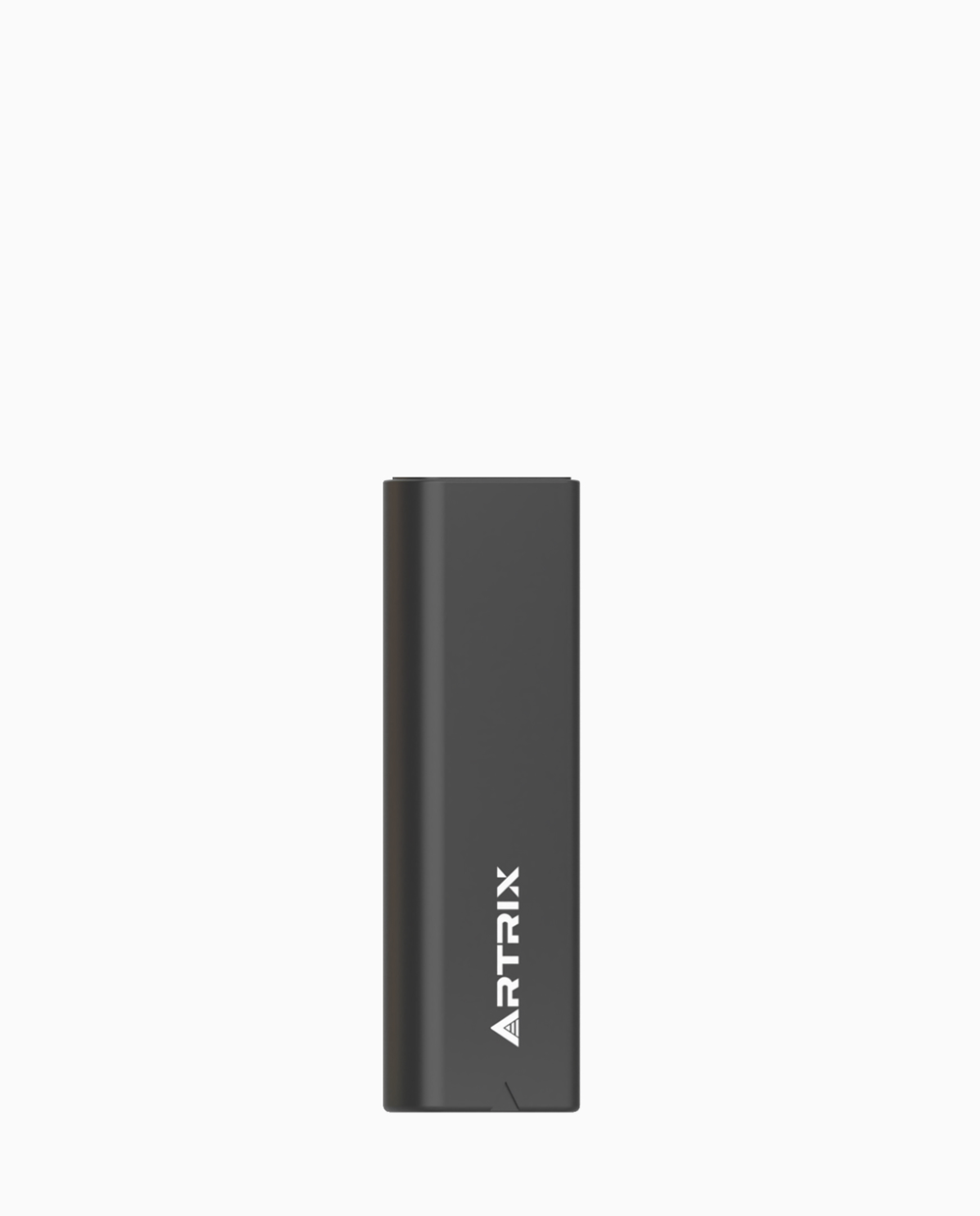

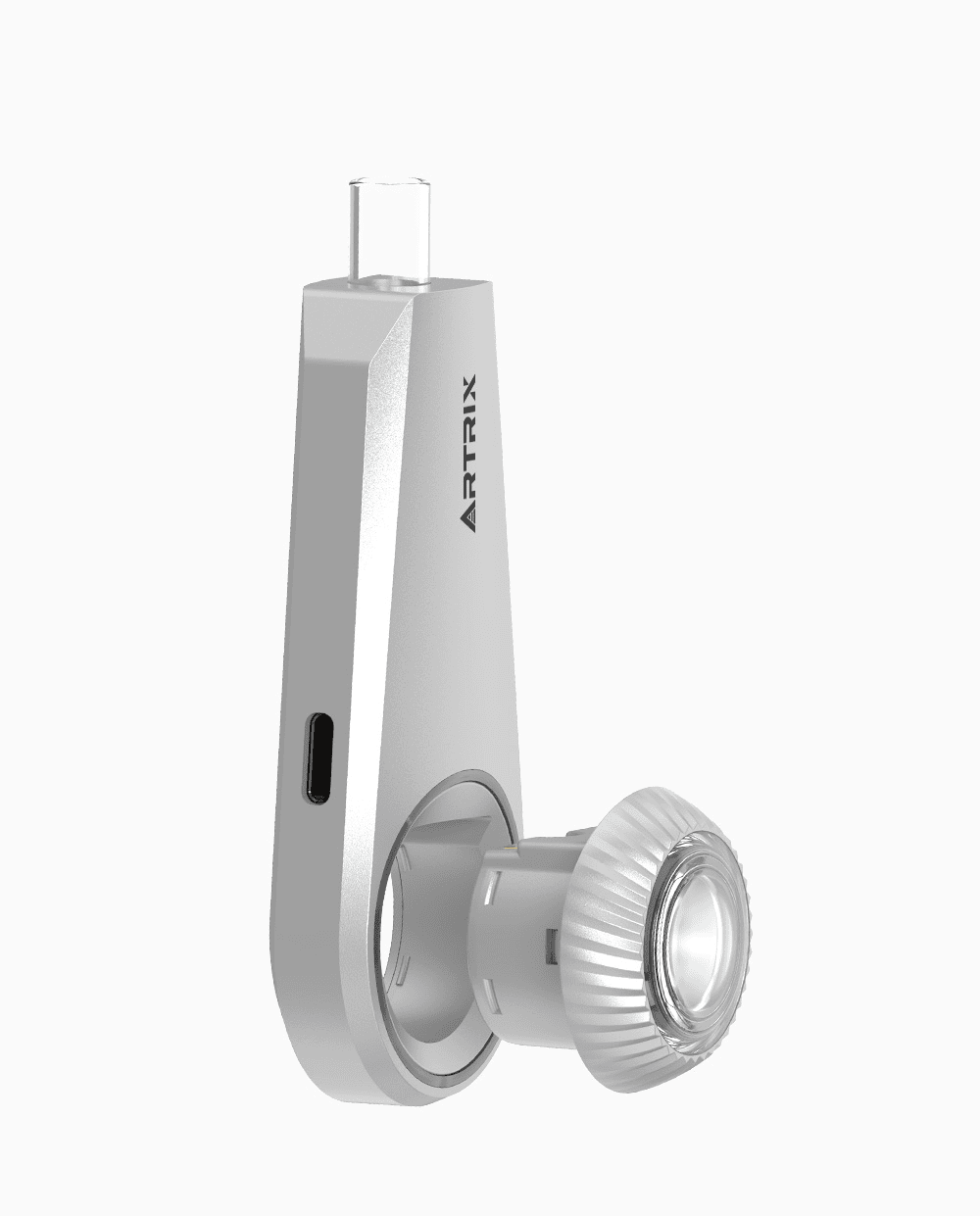
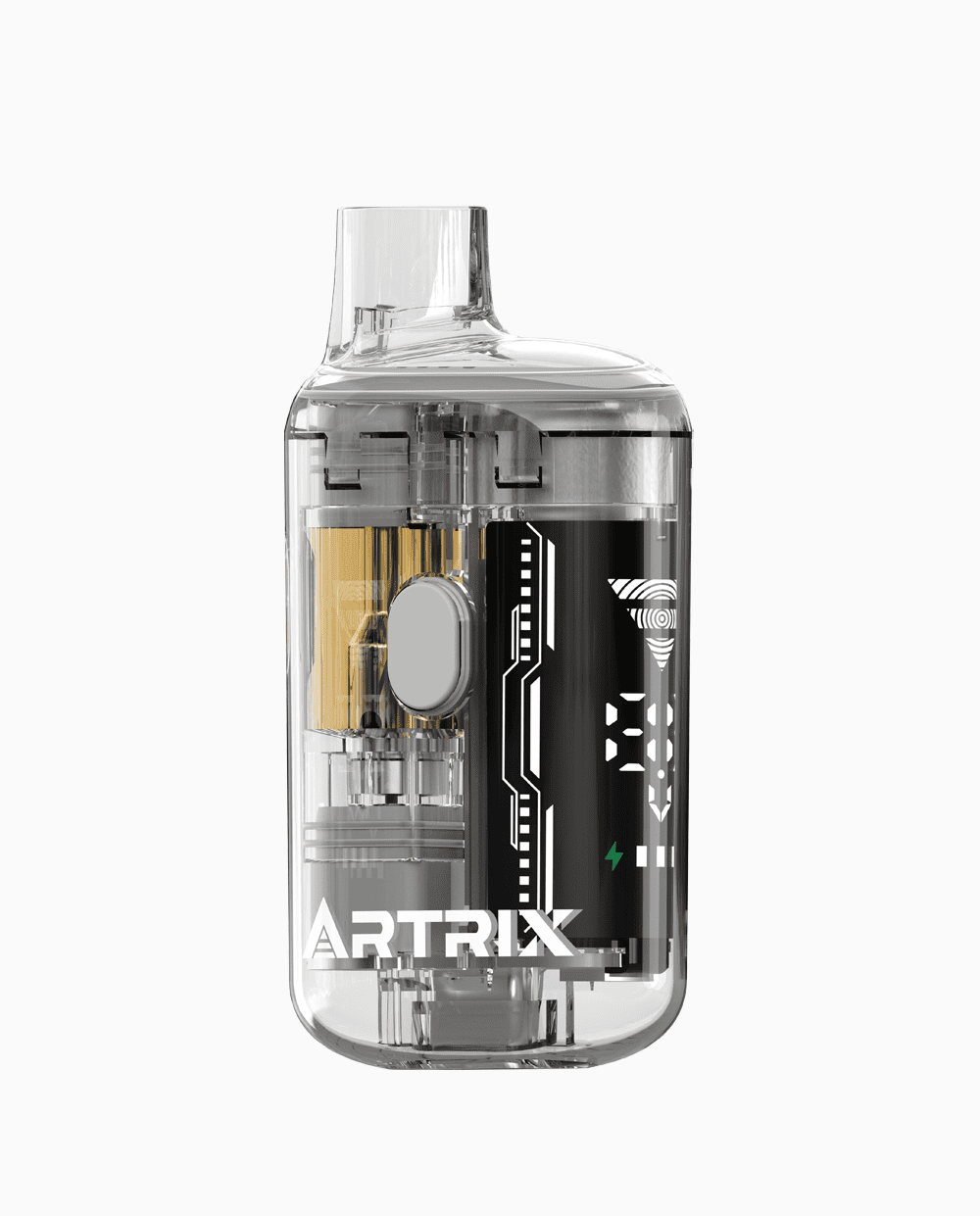
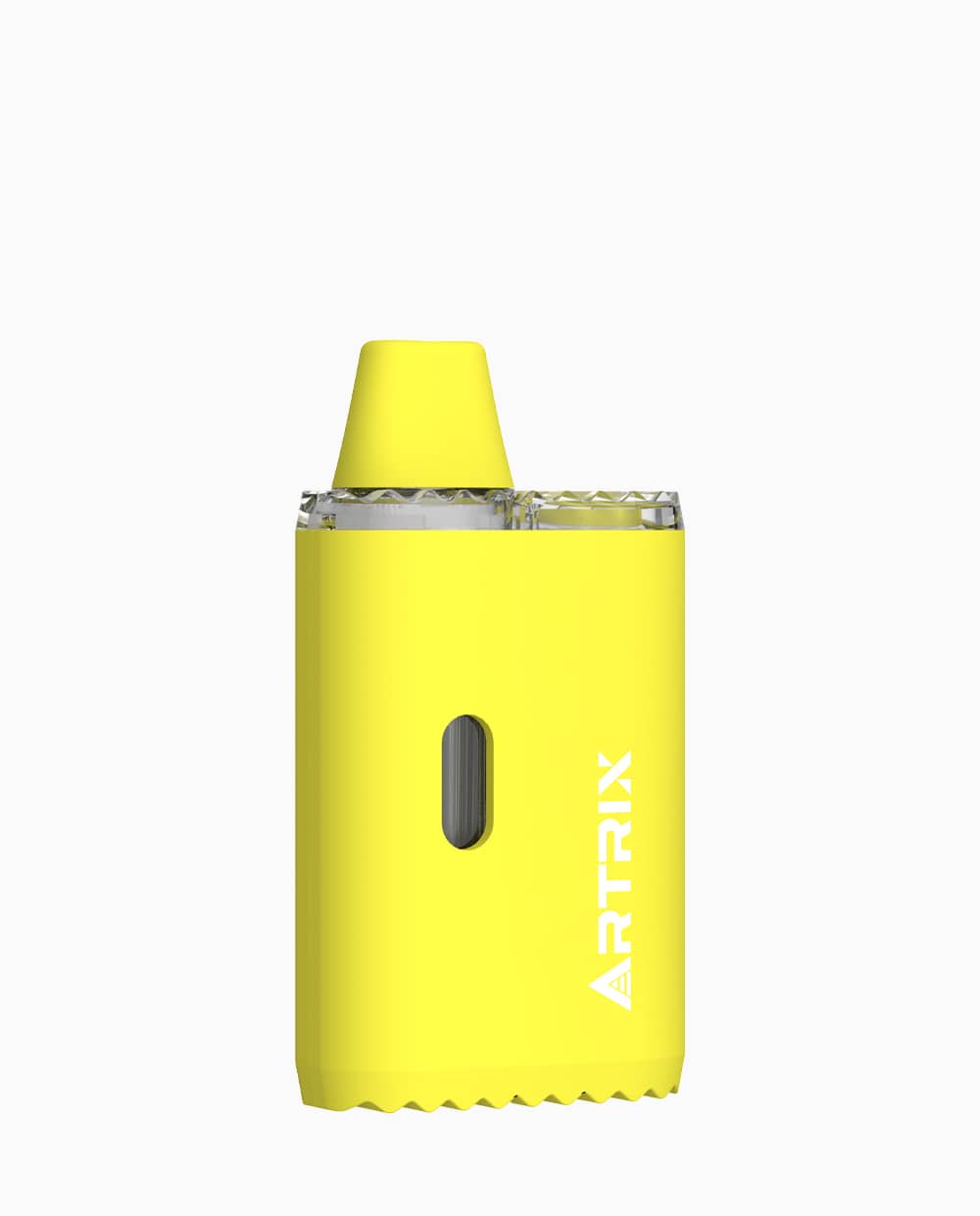
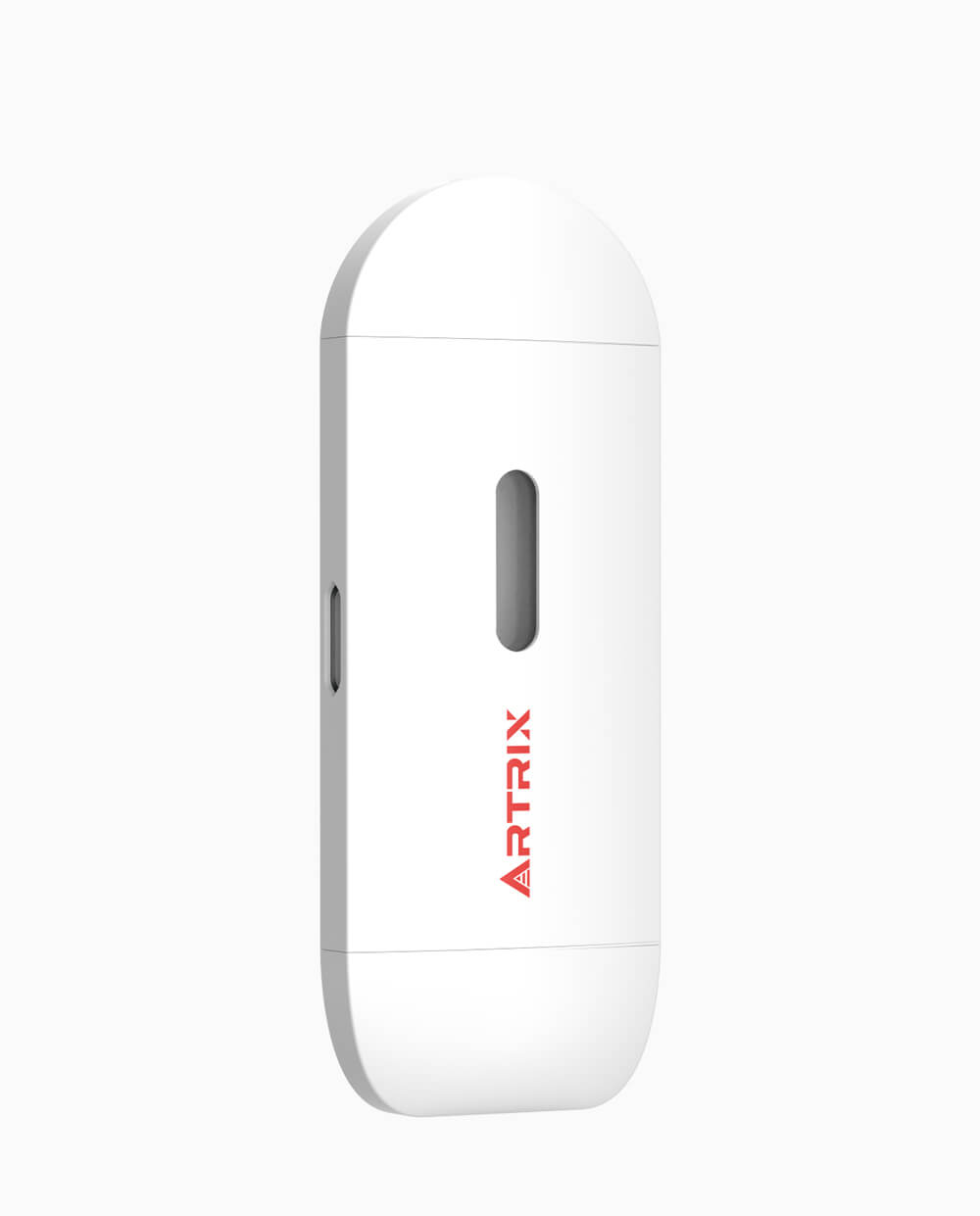
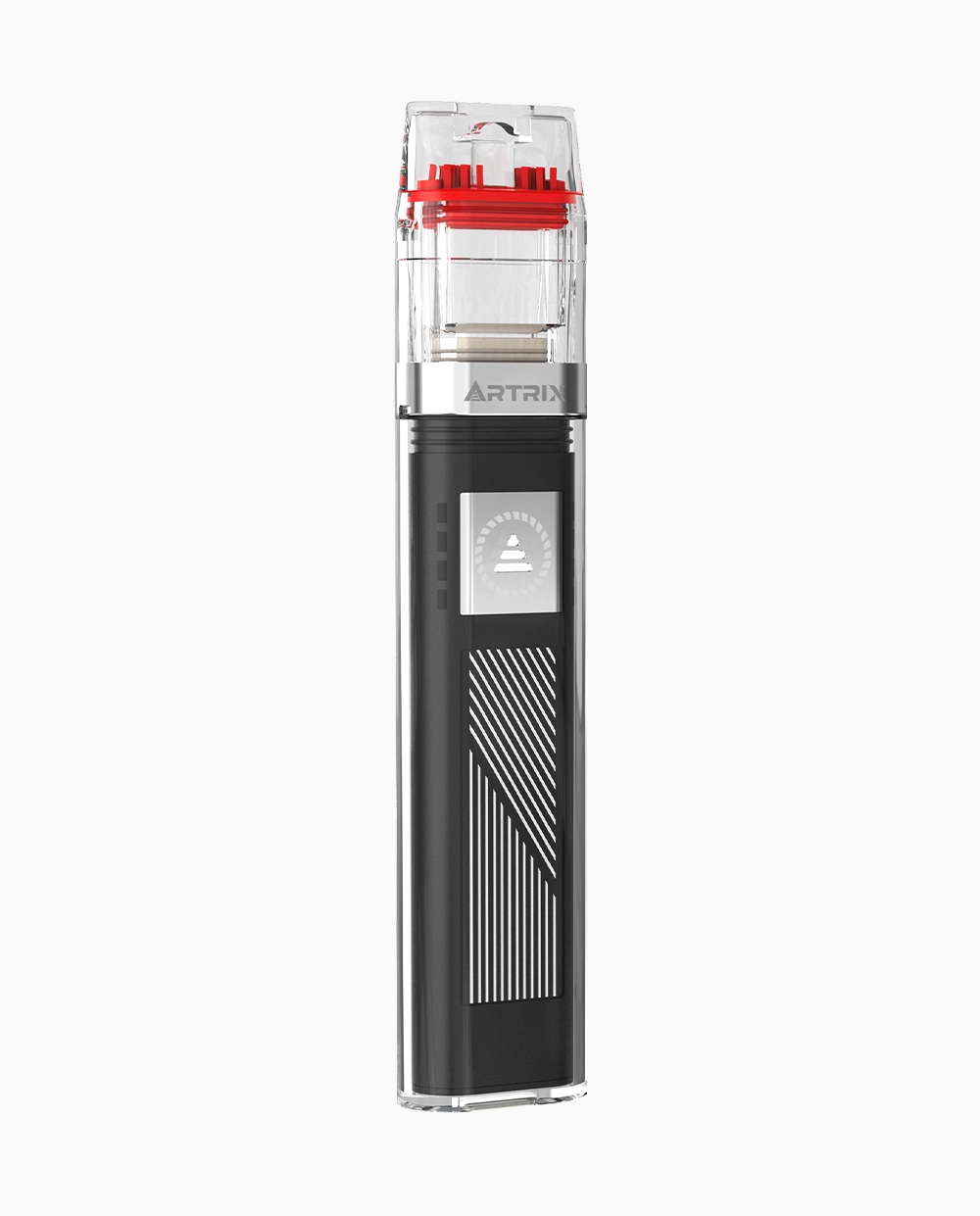
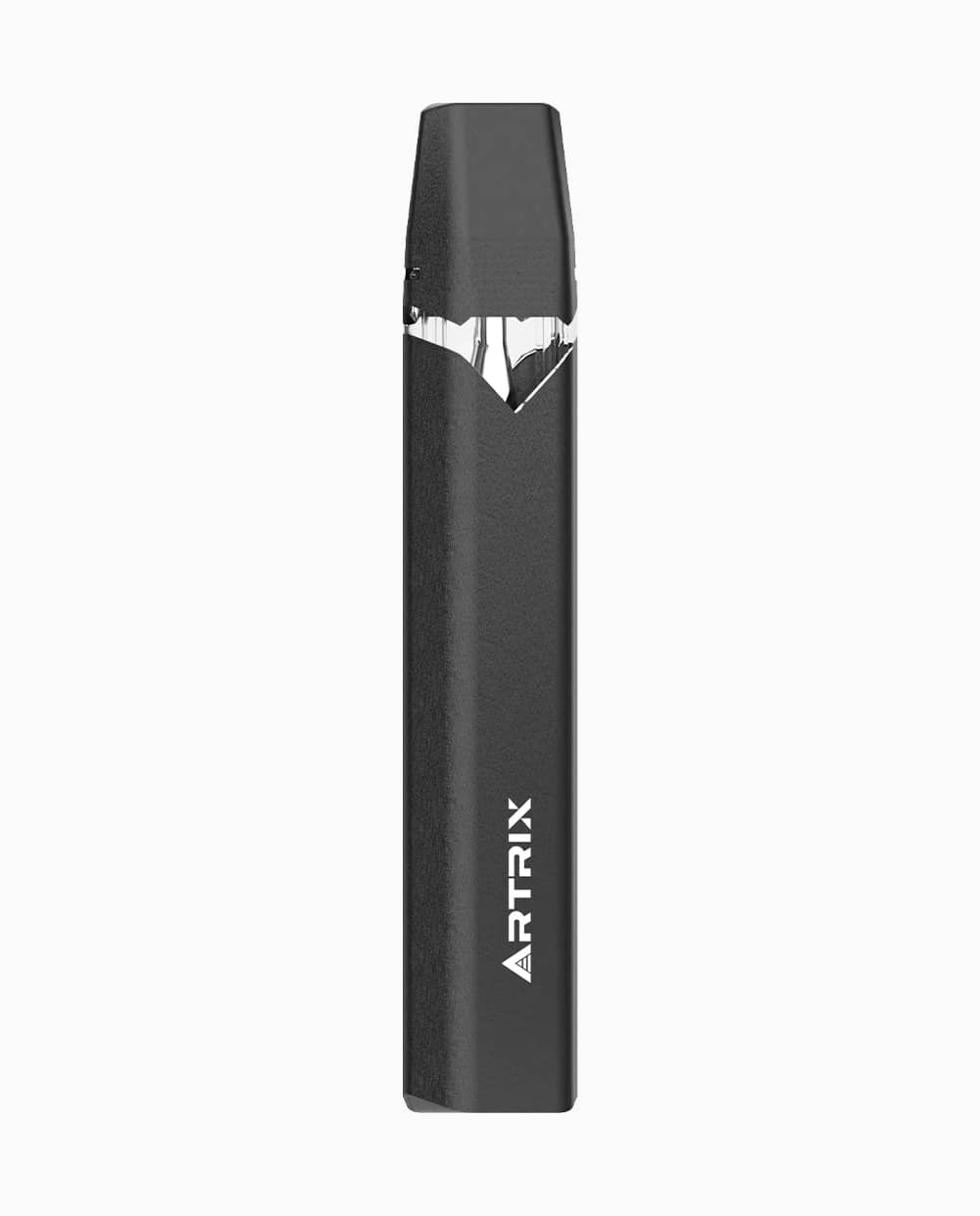
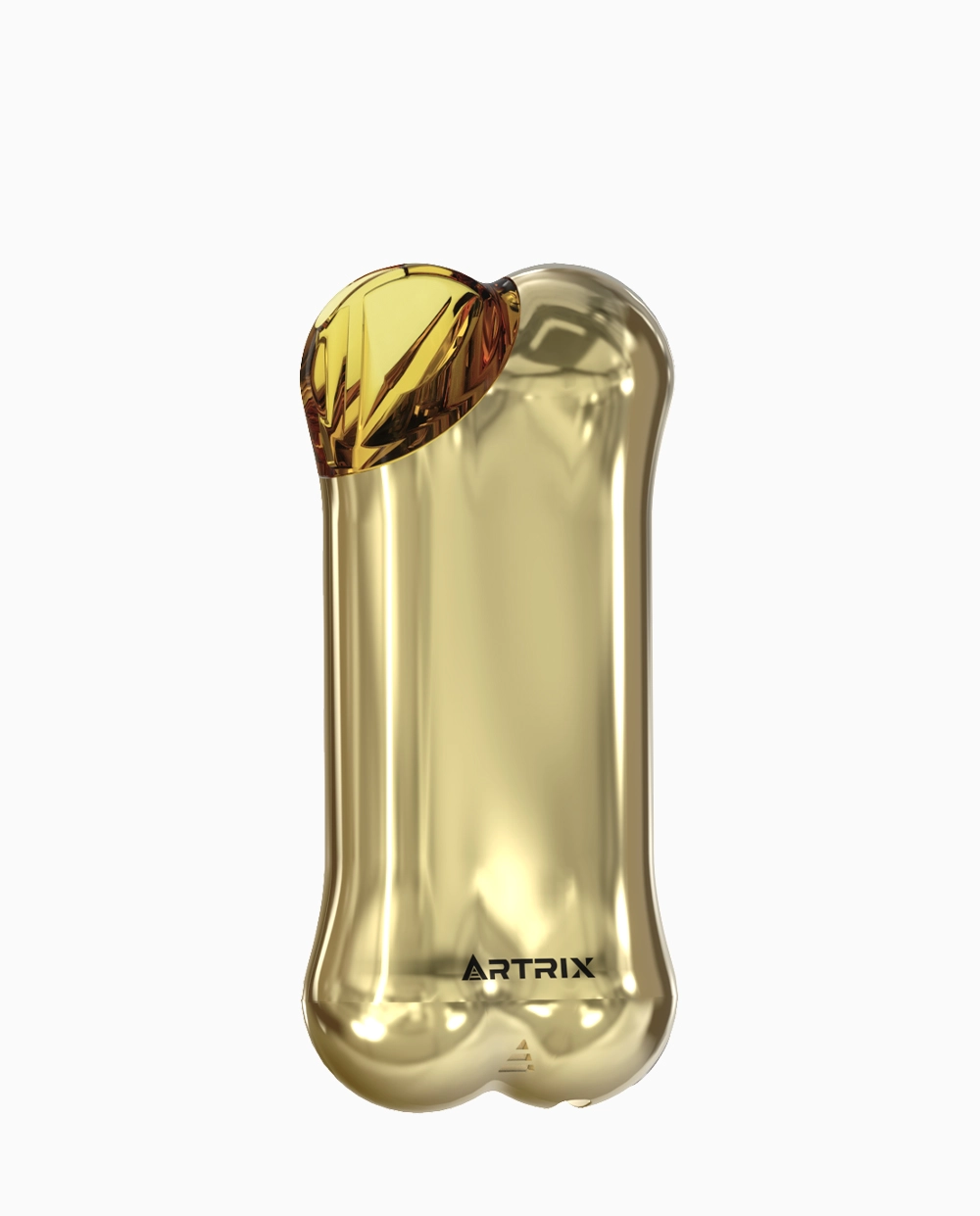
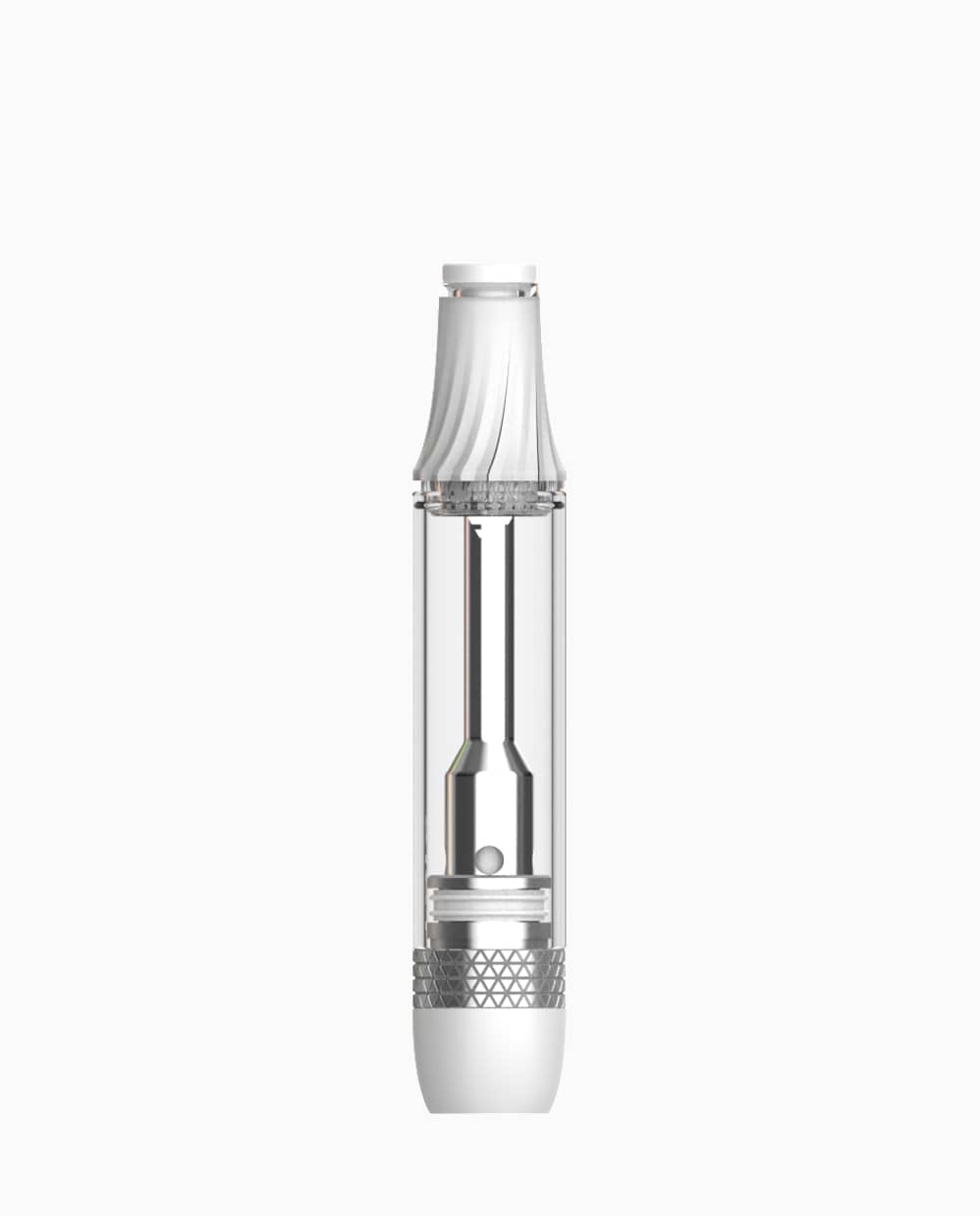

-1.webp)
-1.webp)
-2.webp)
